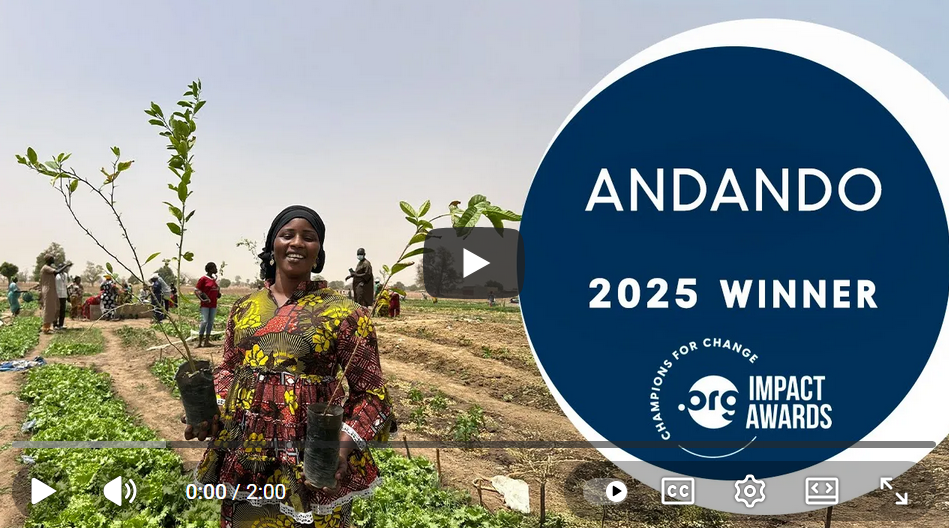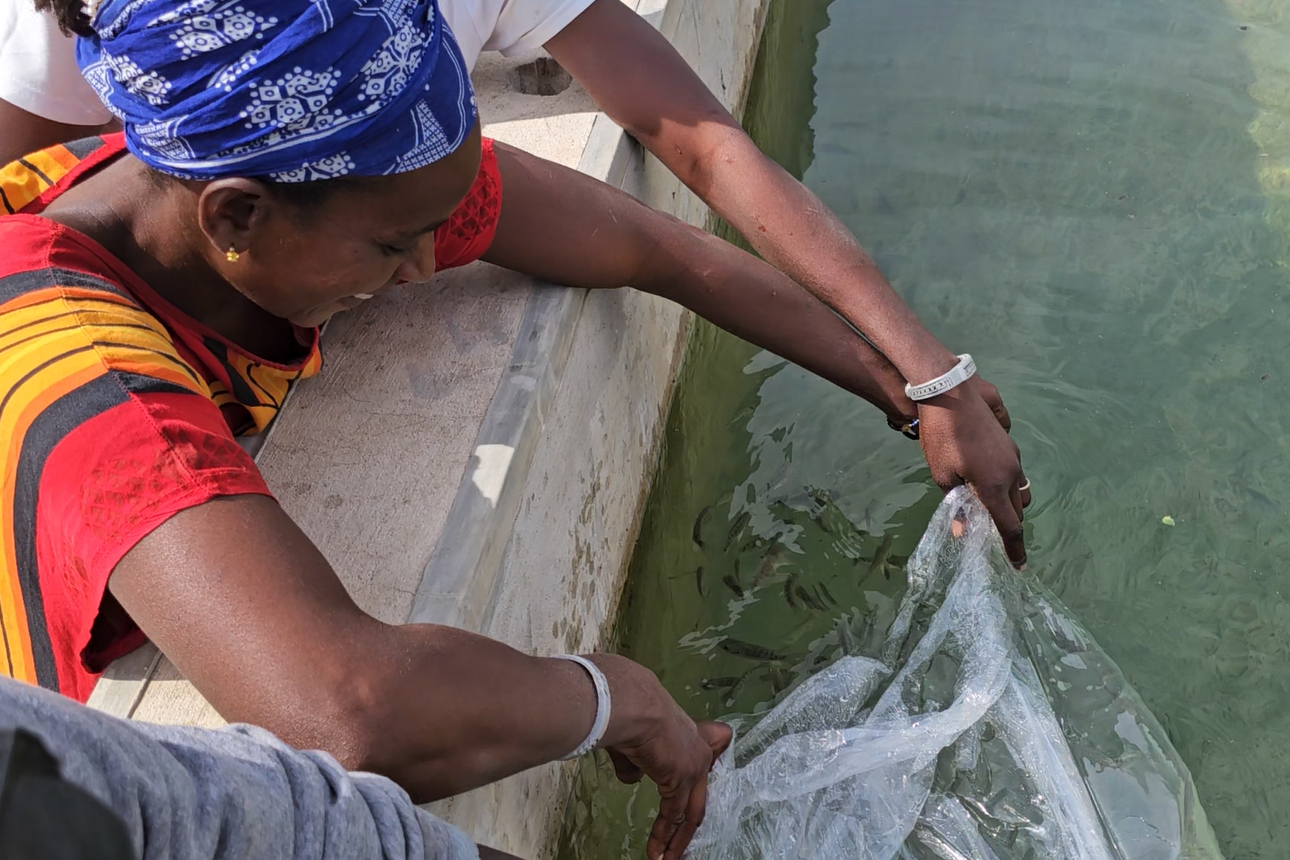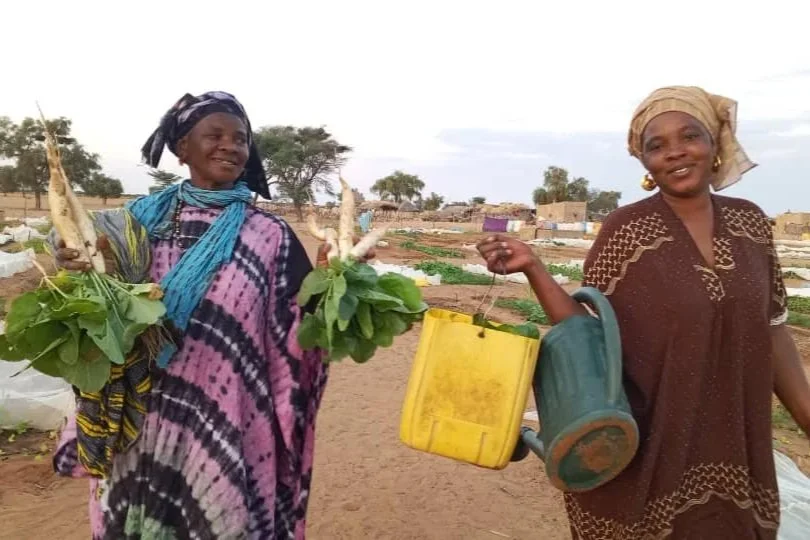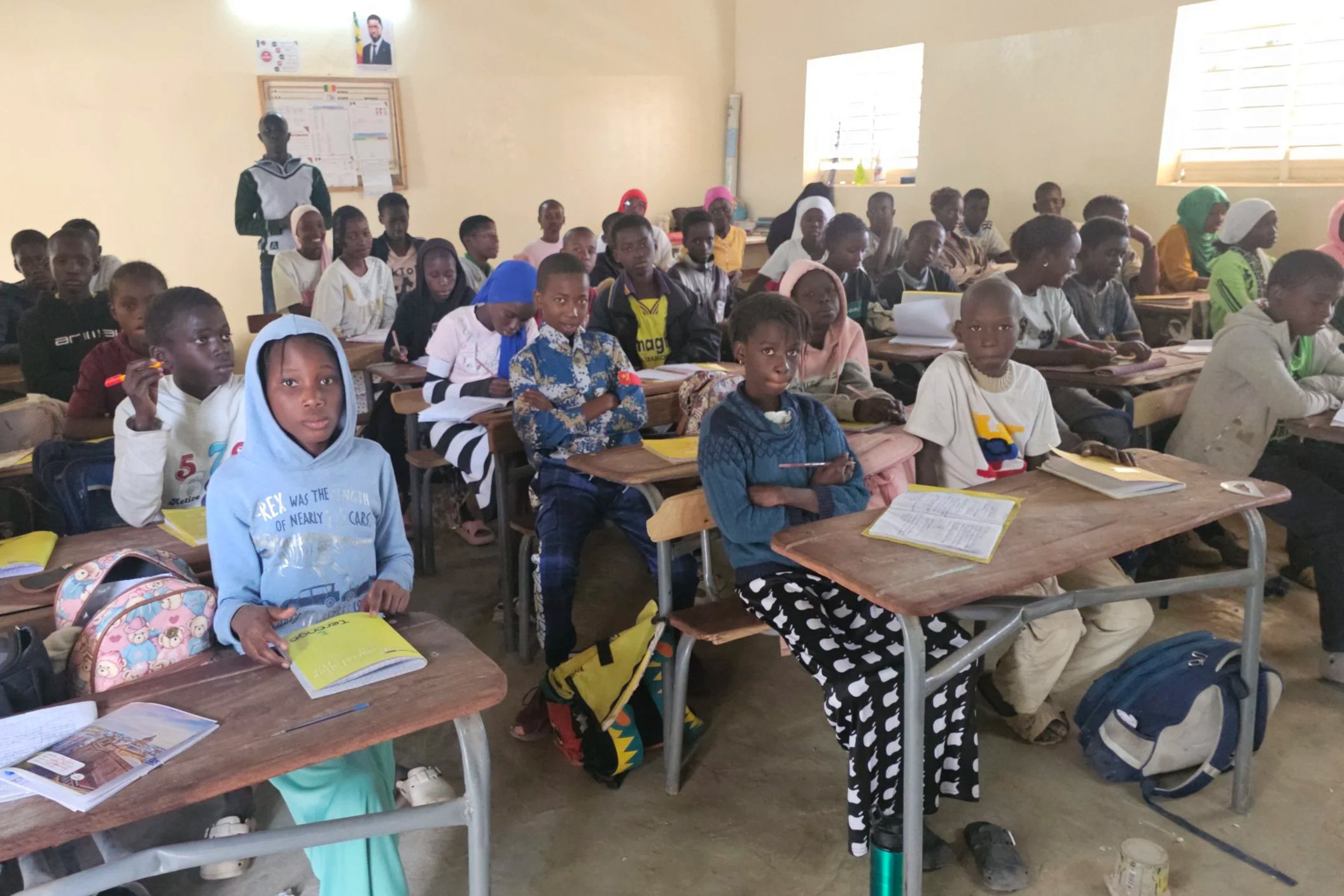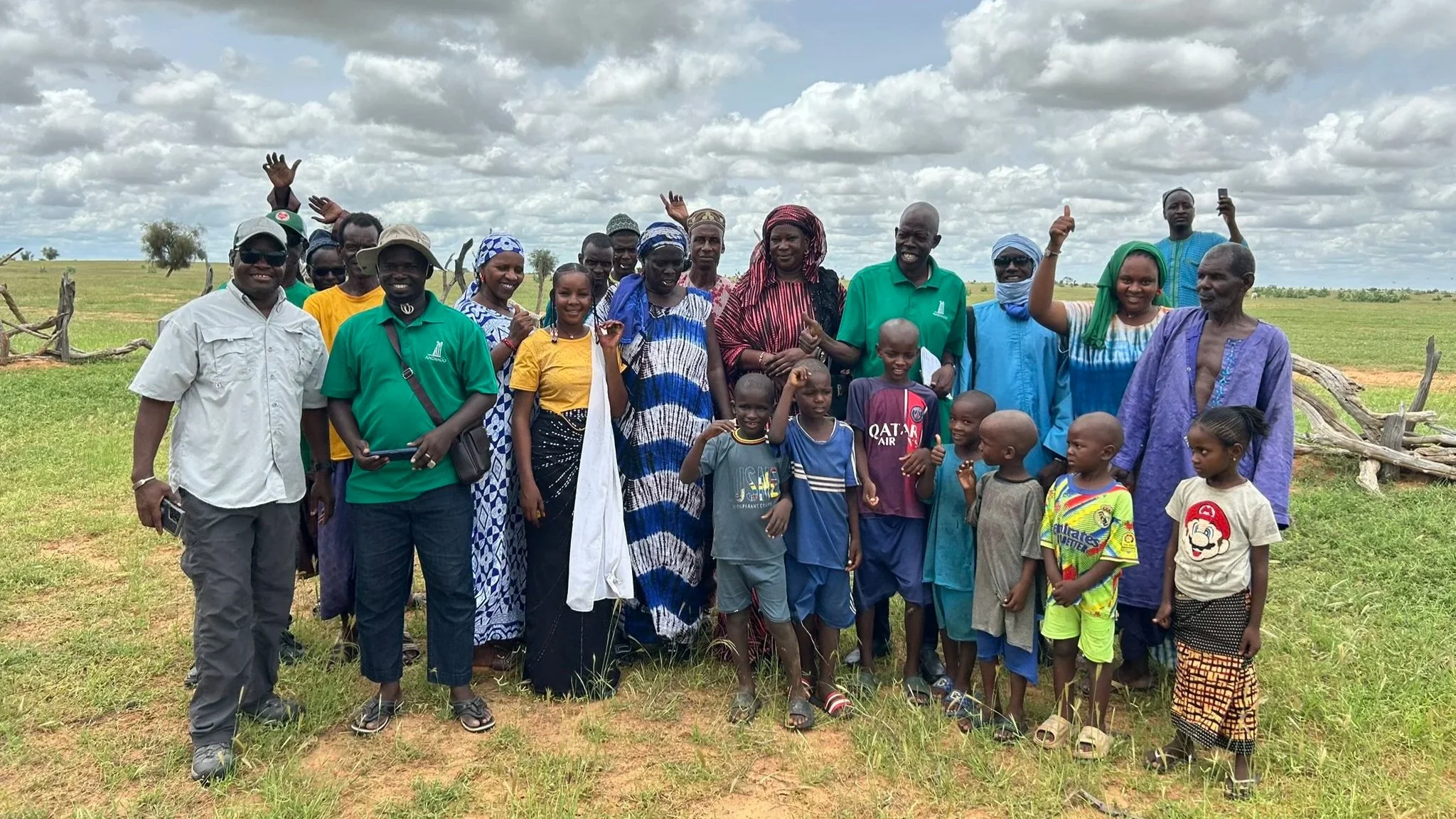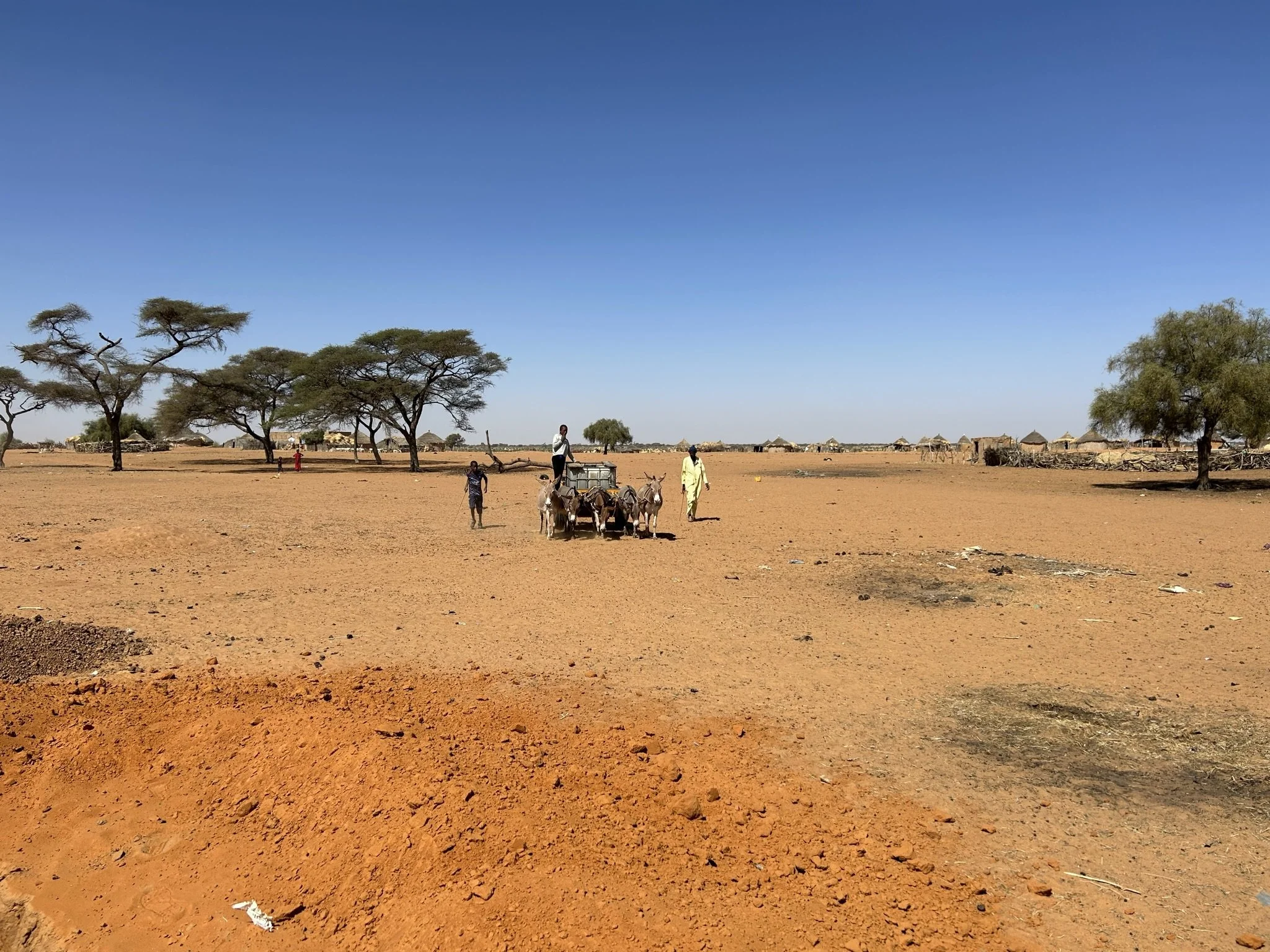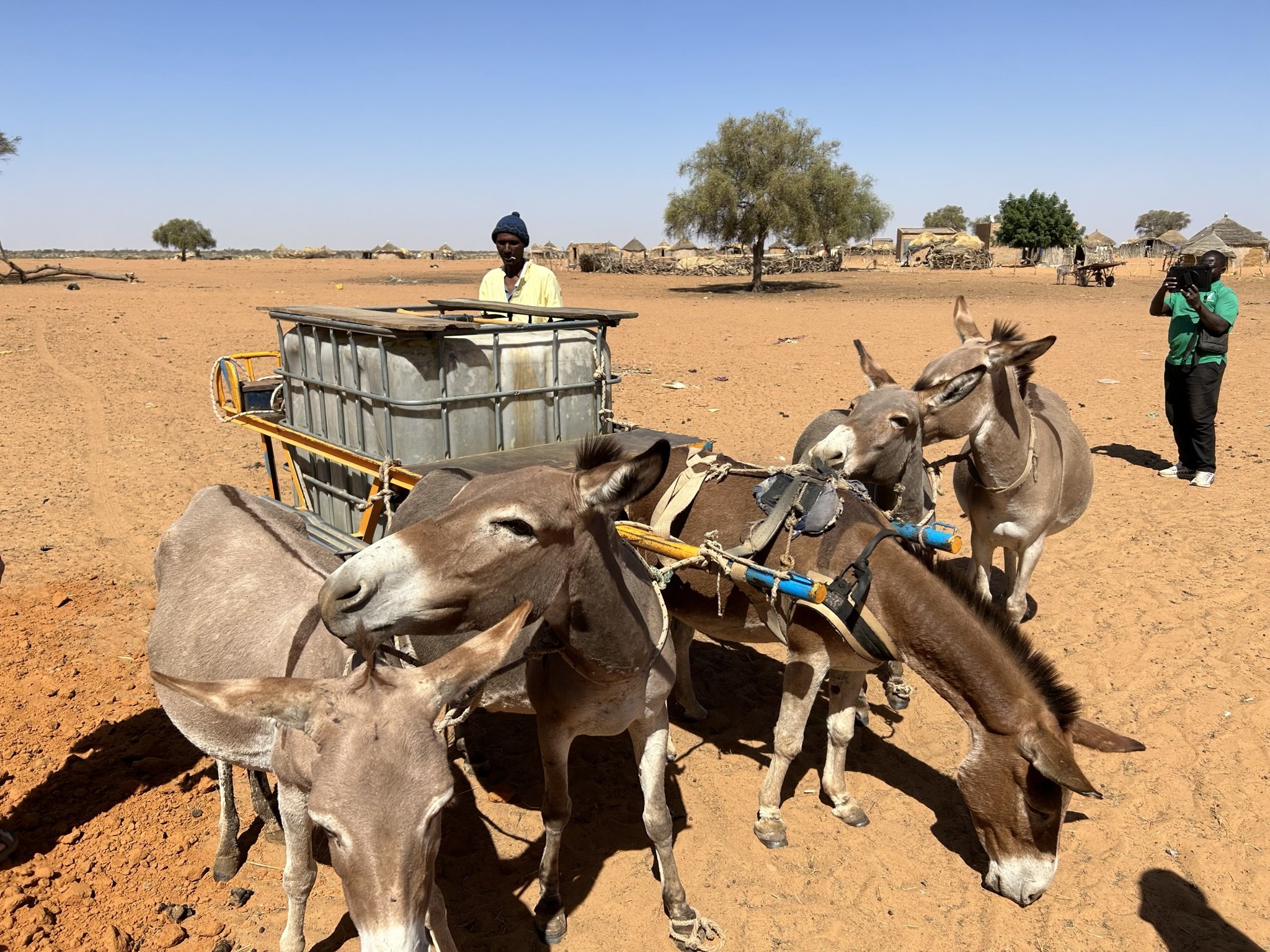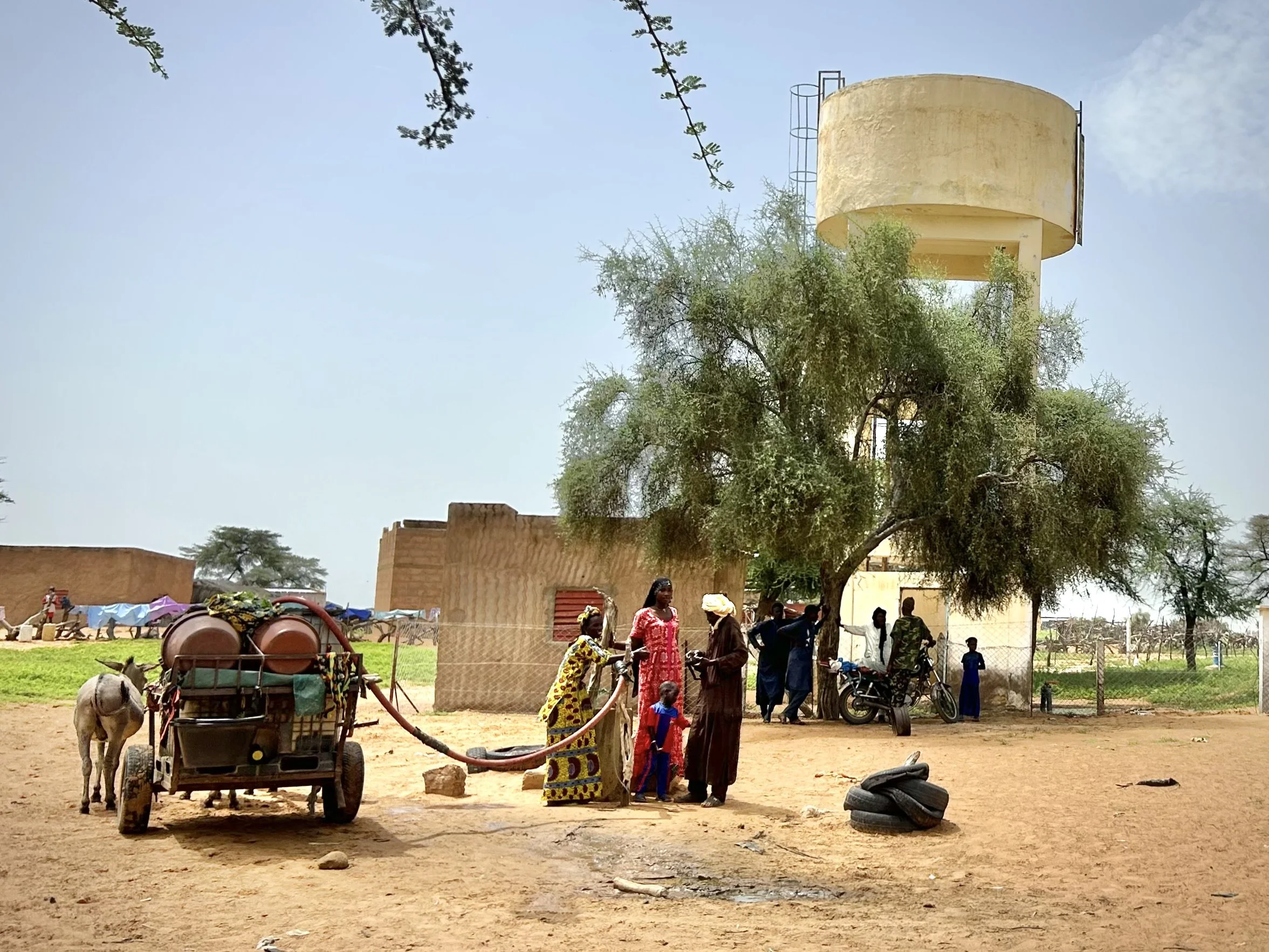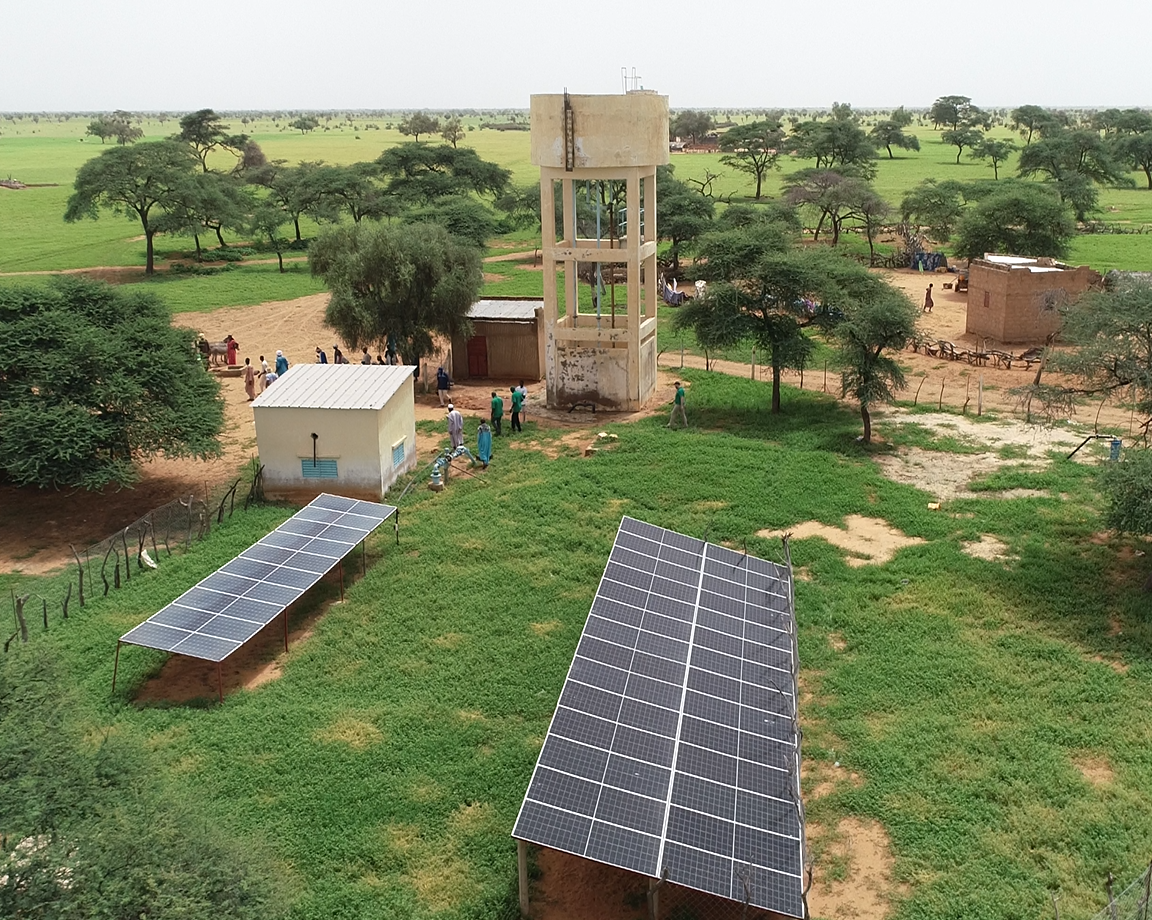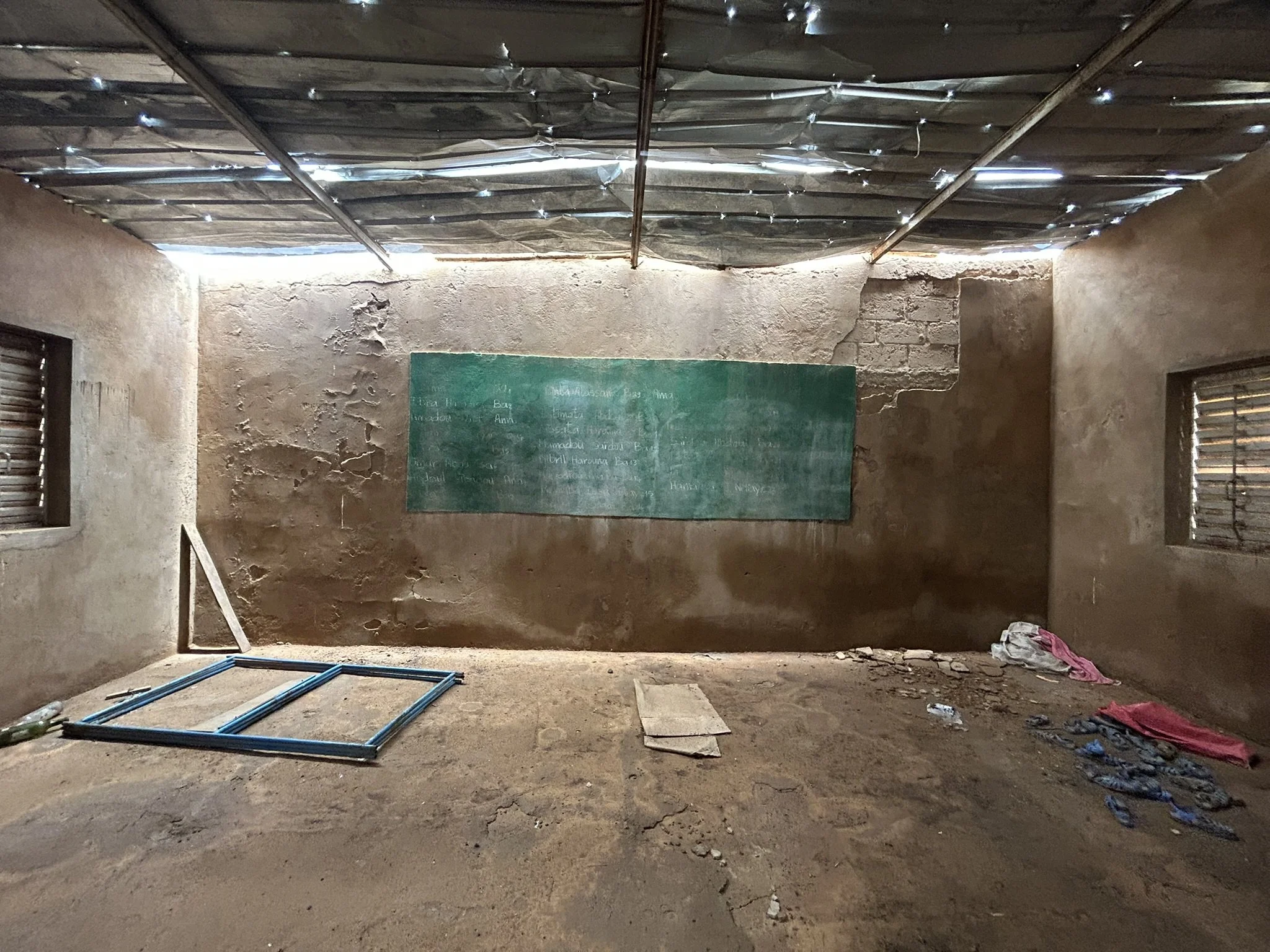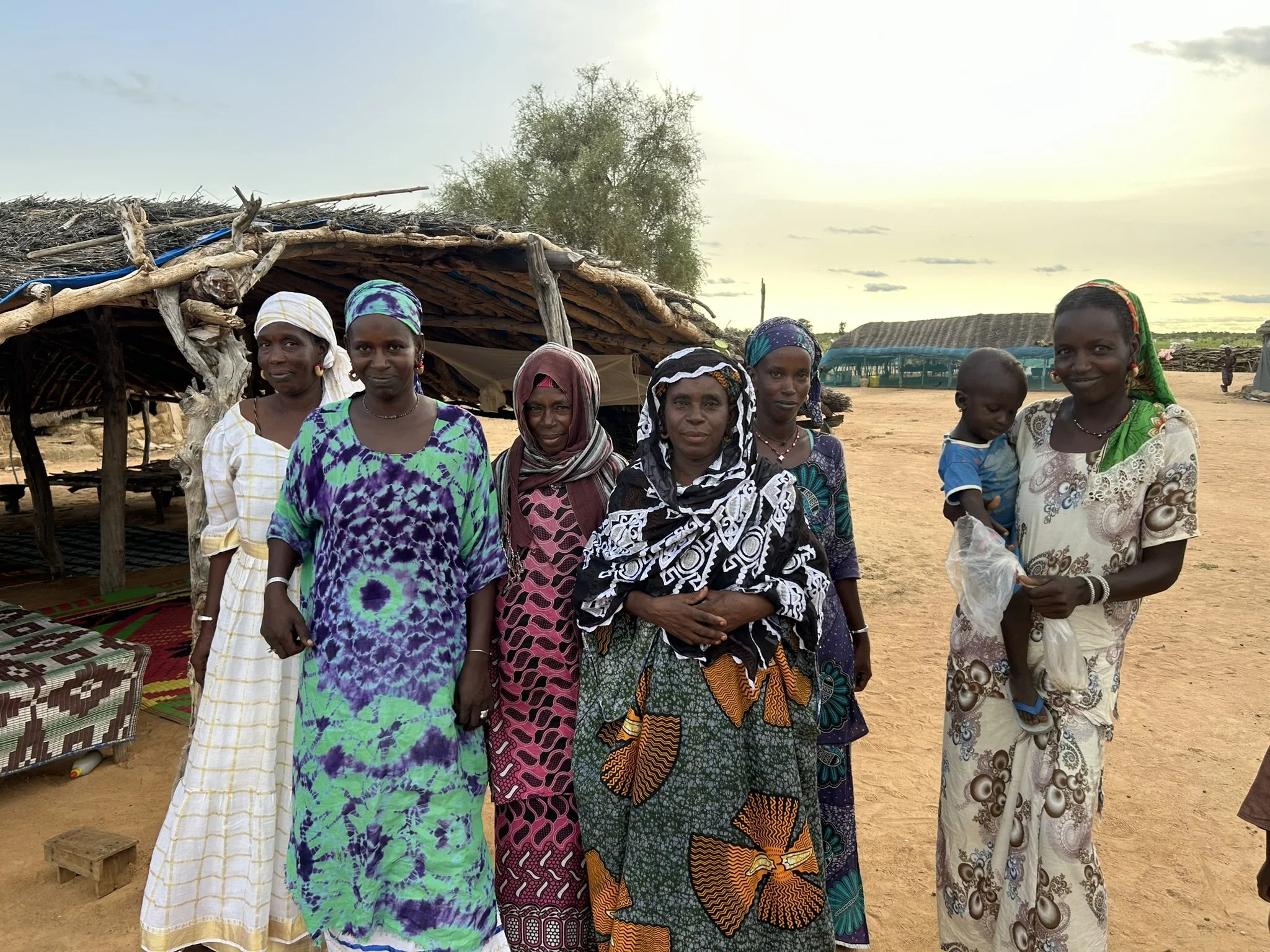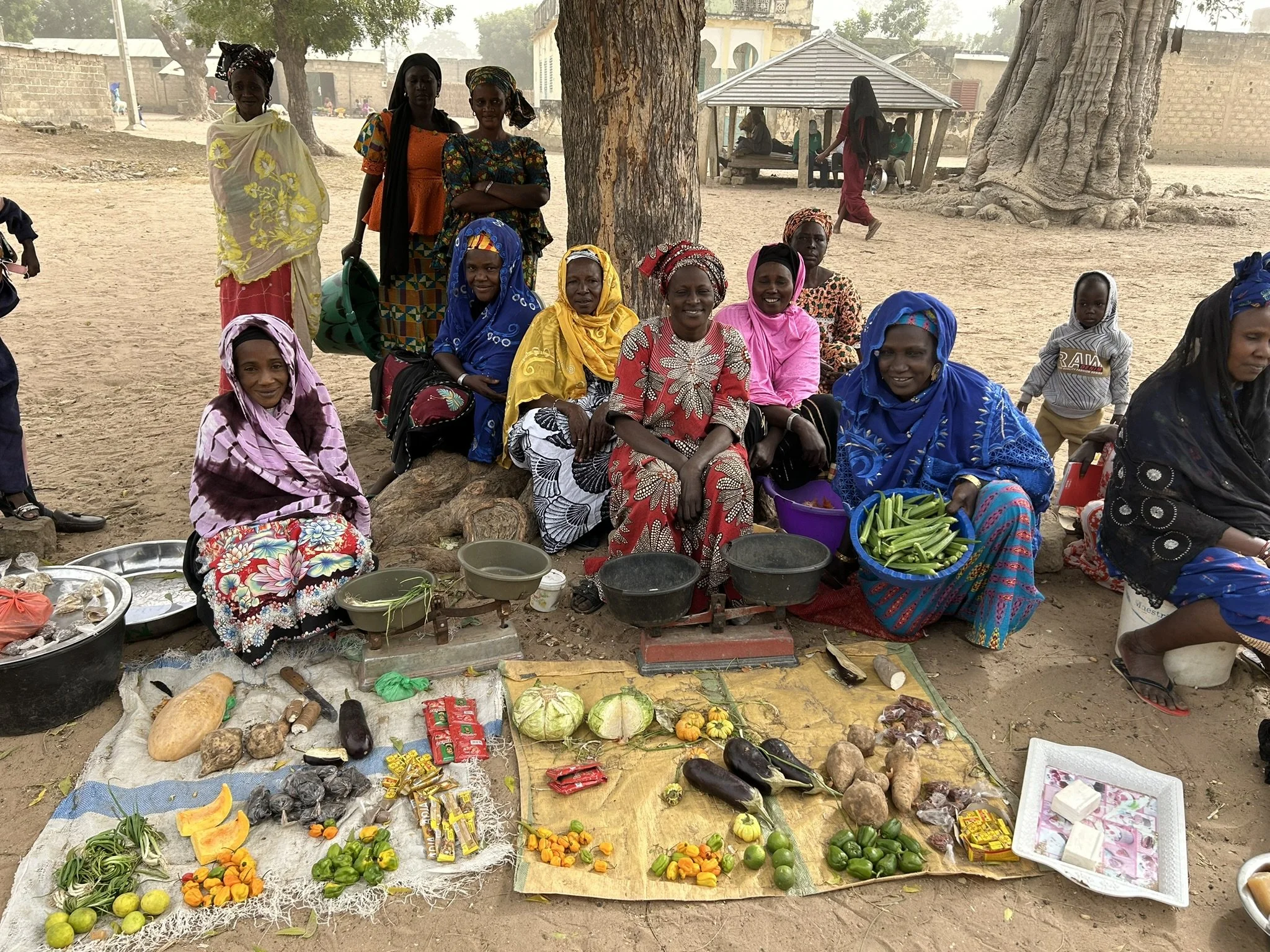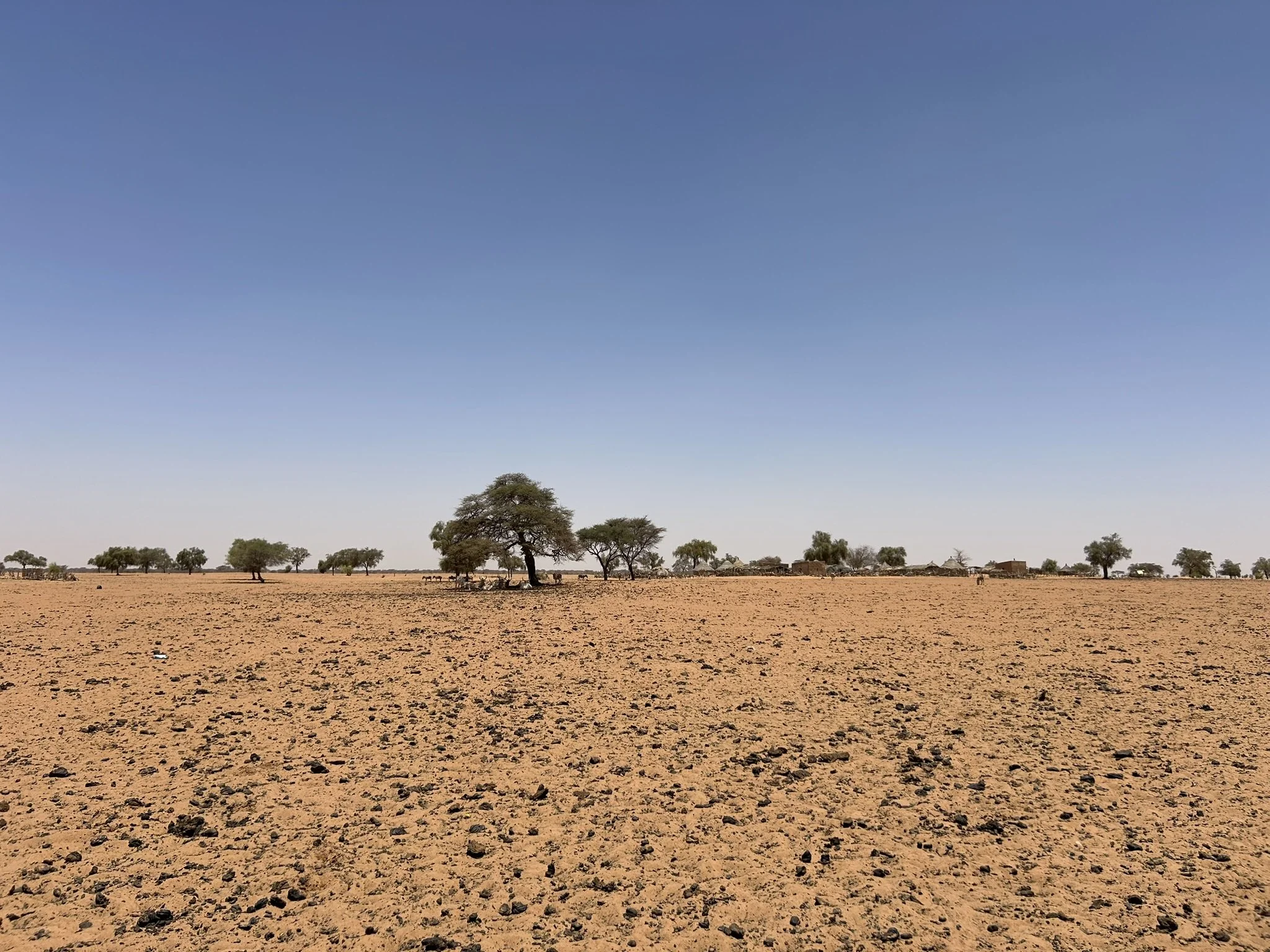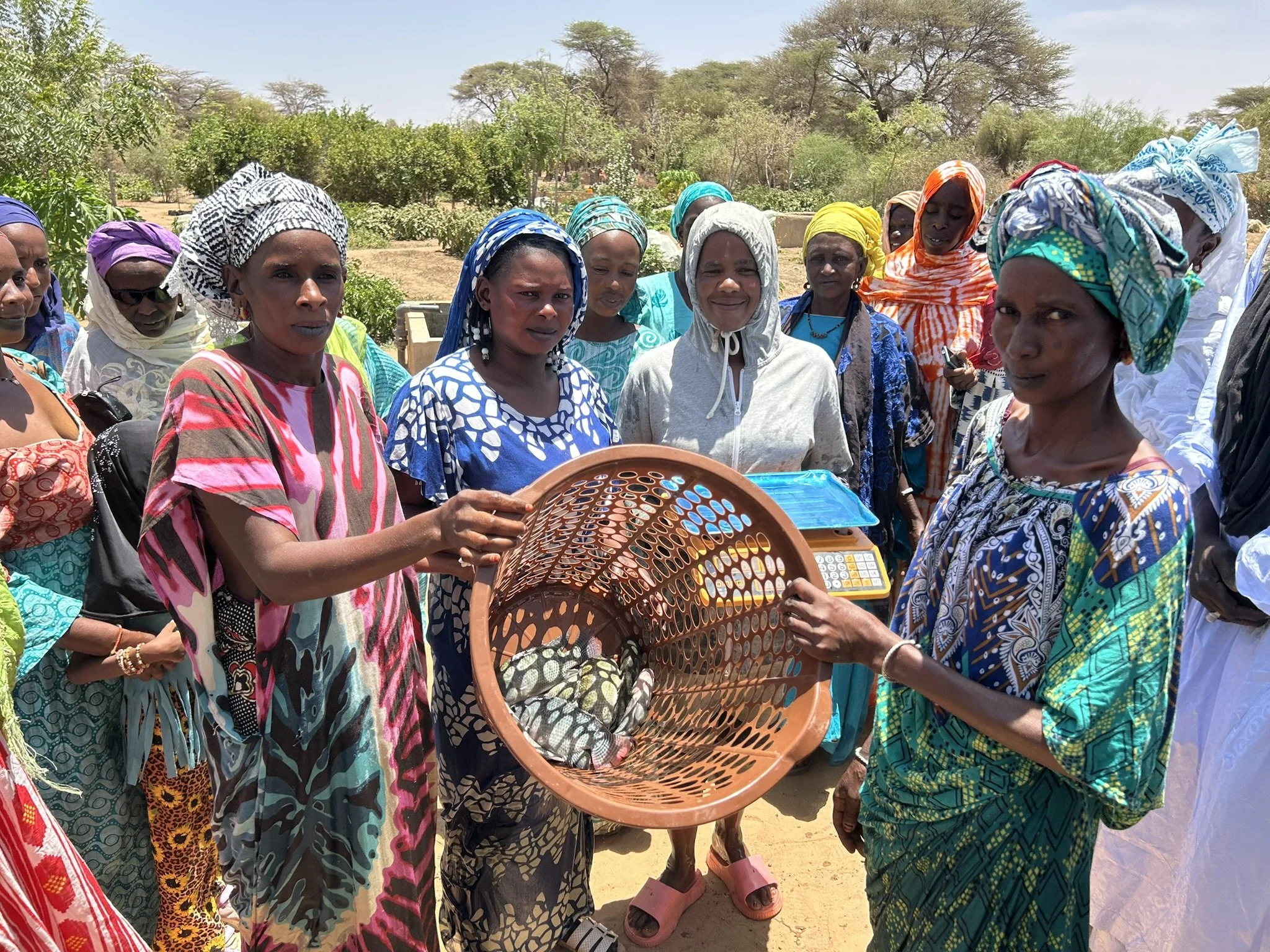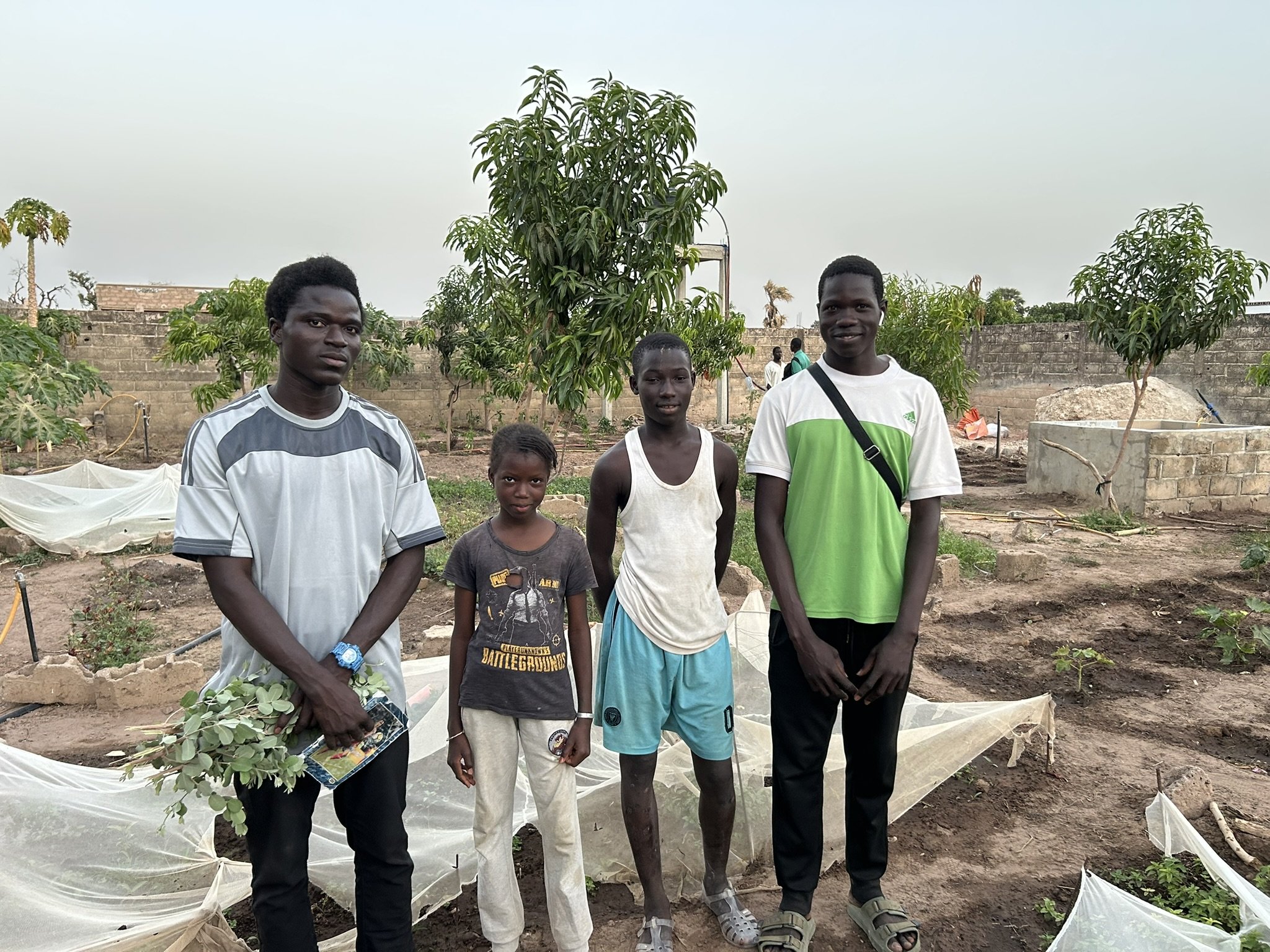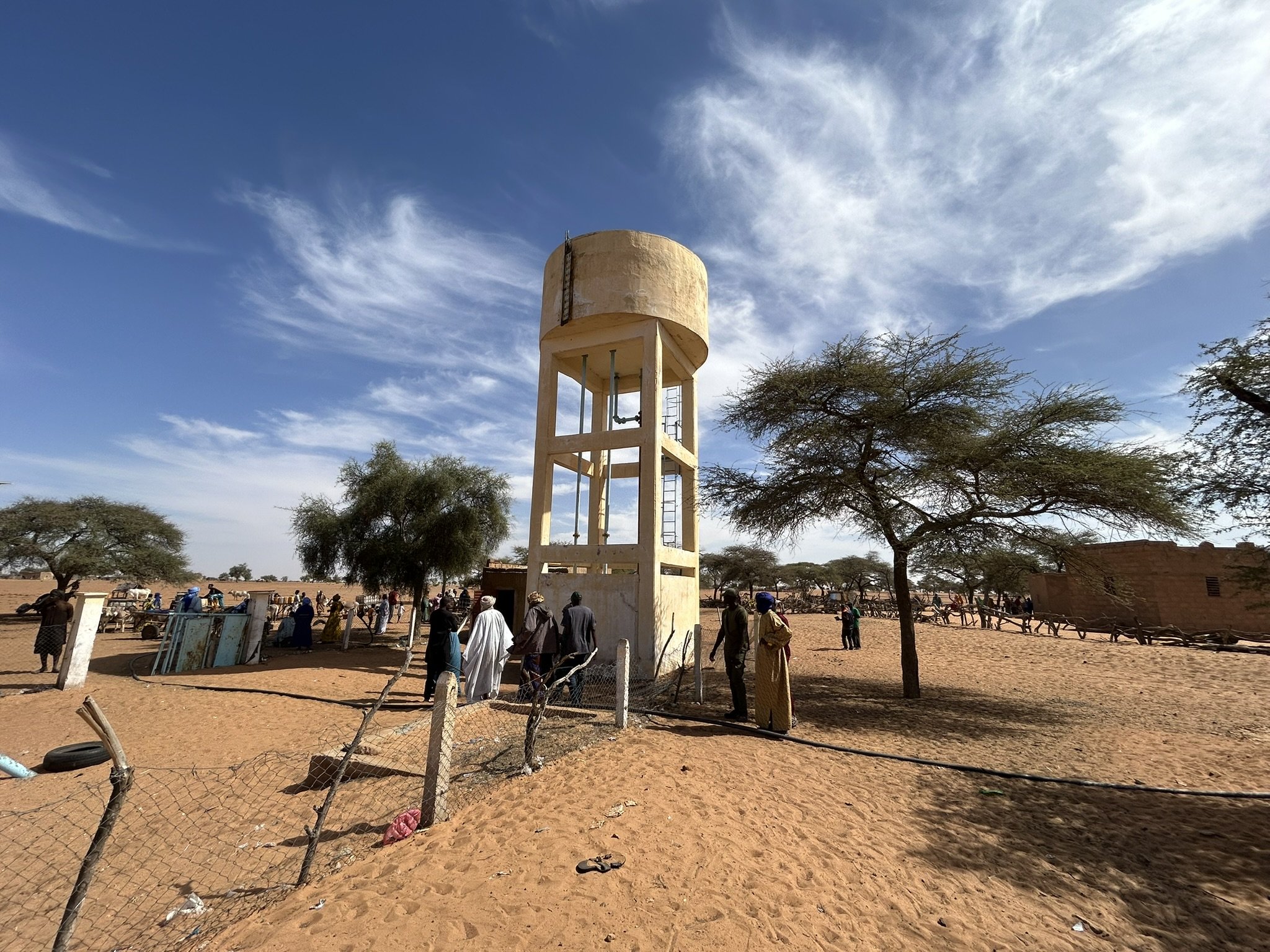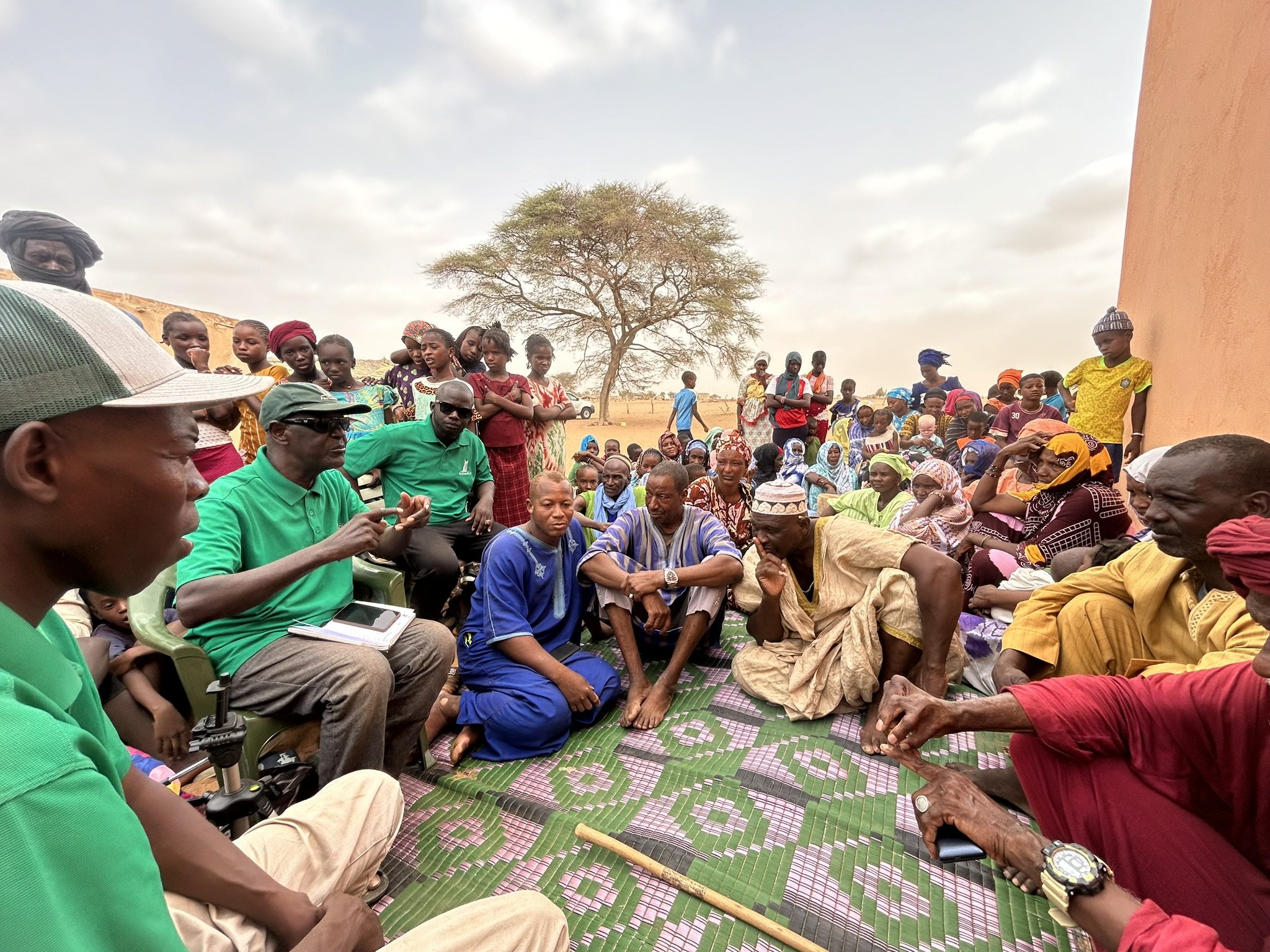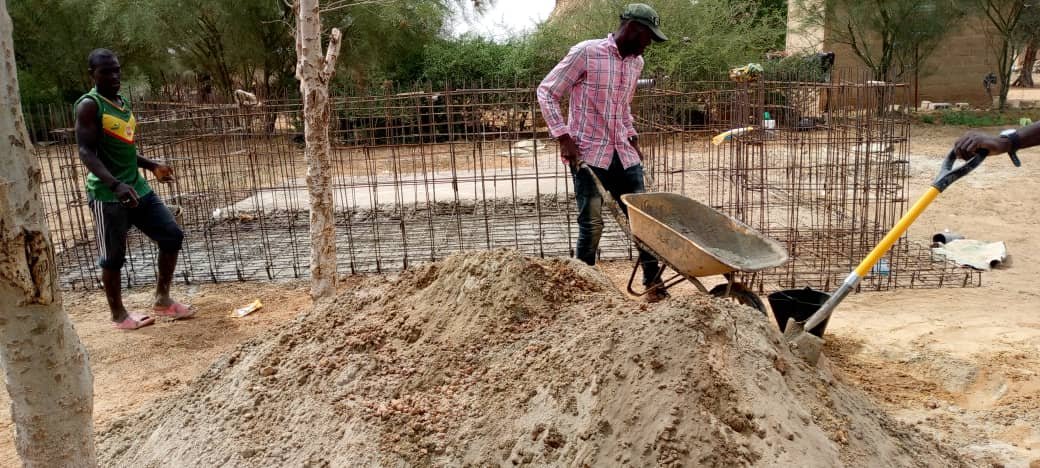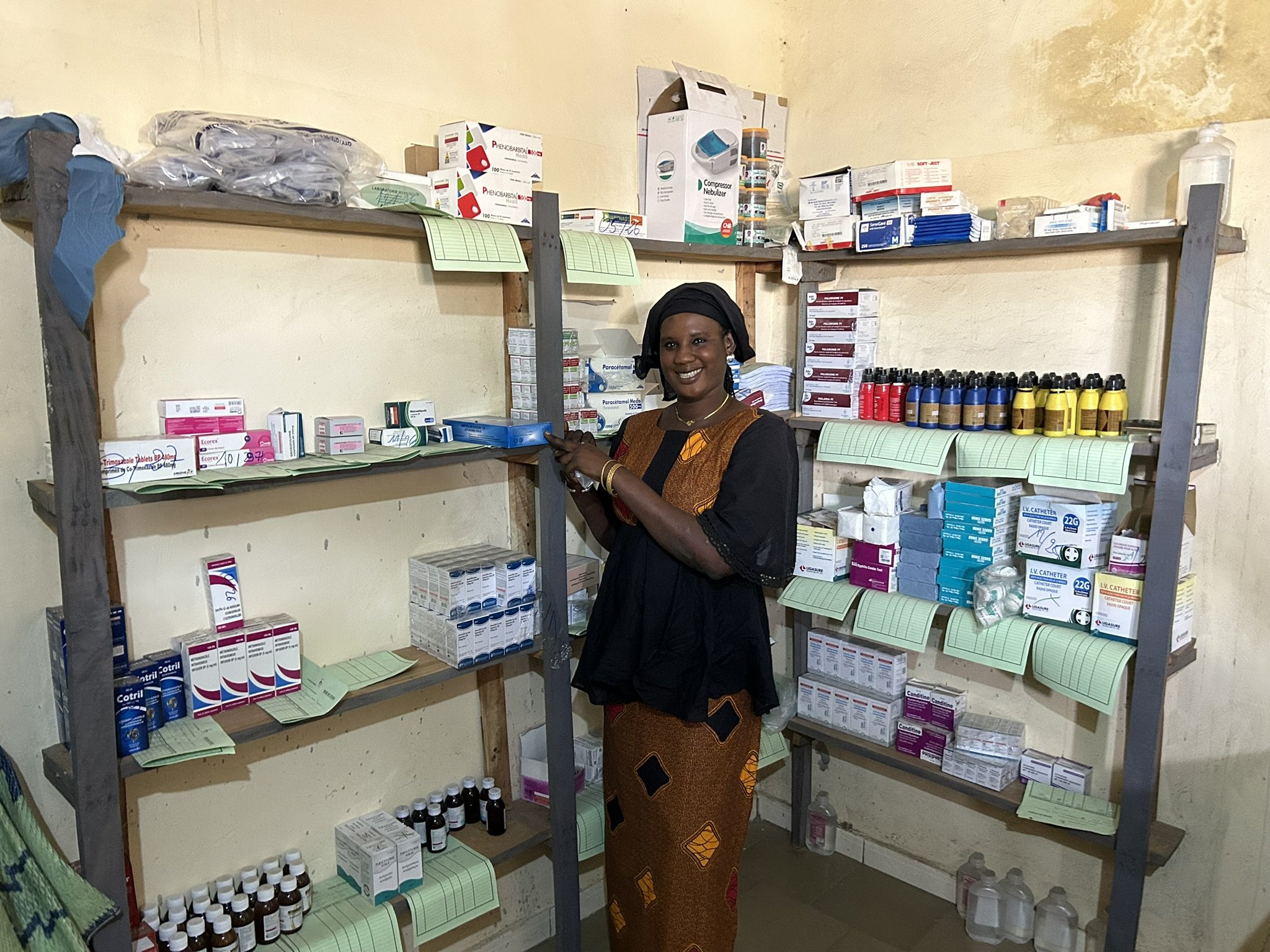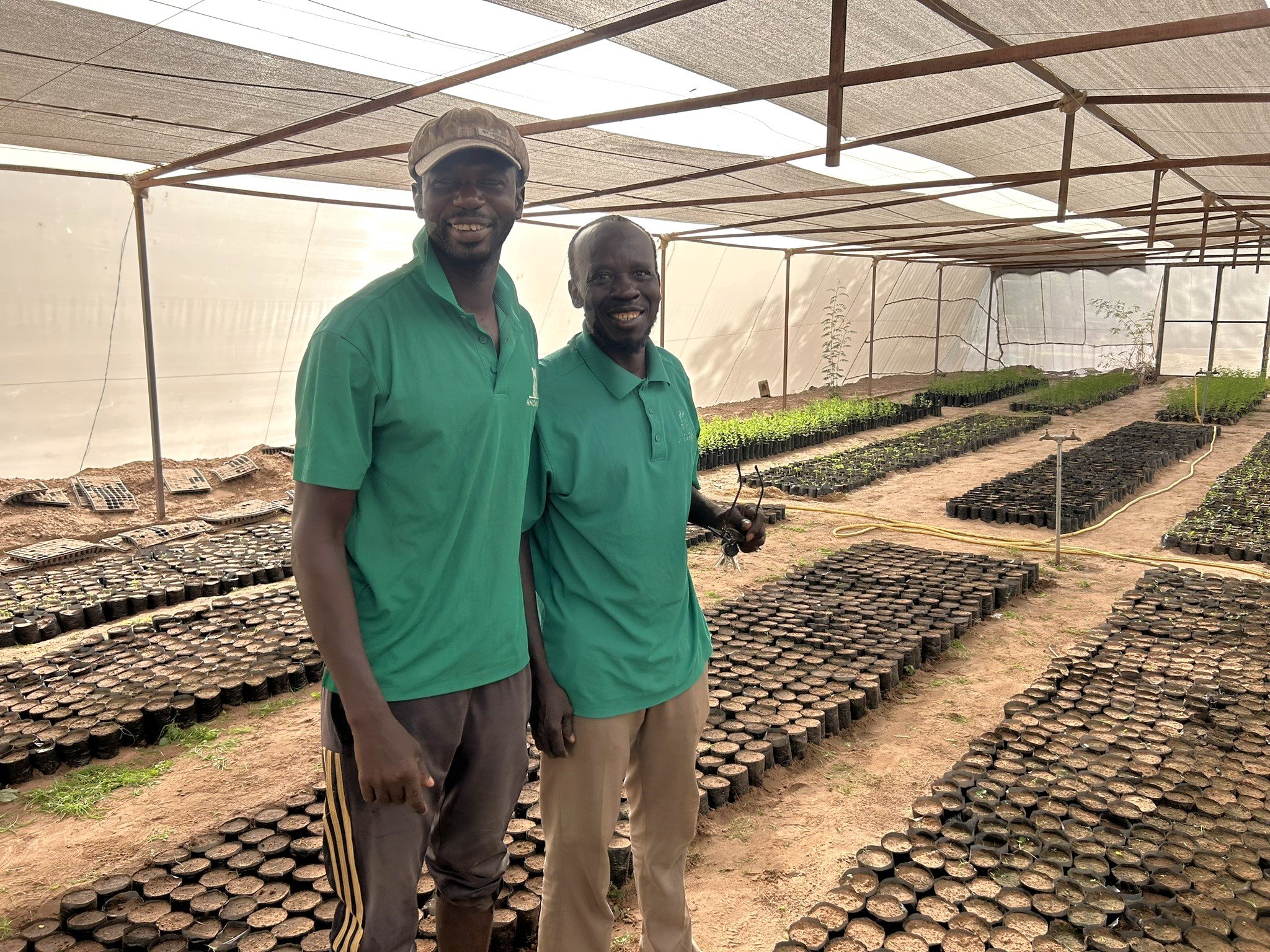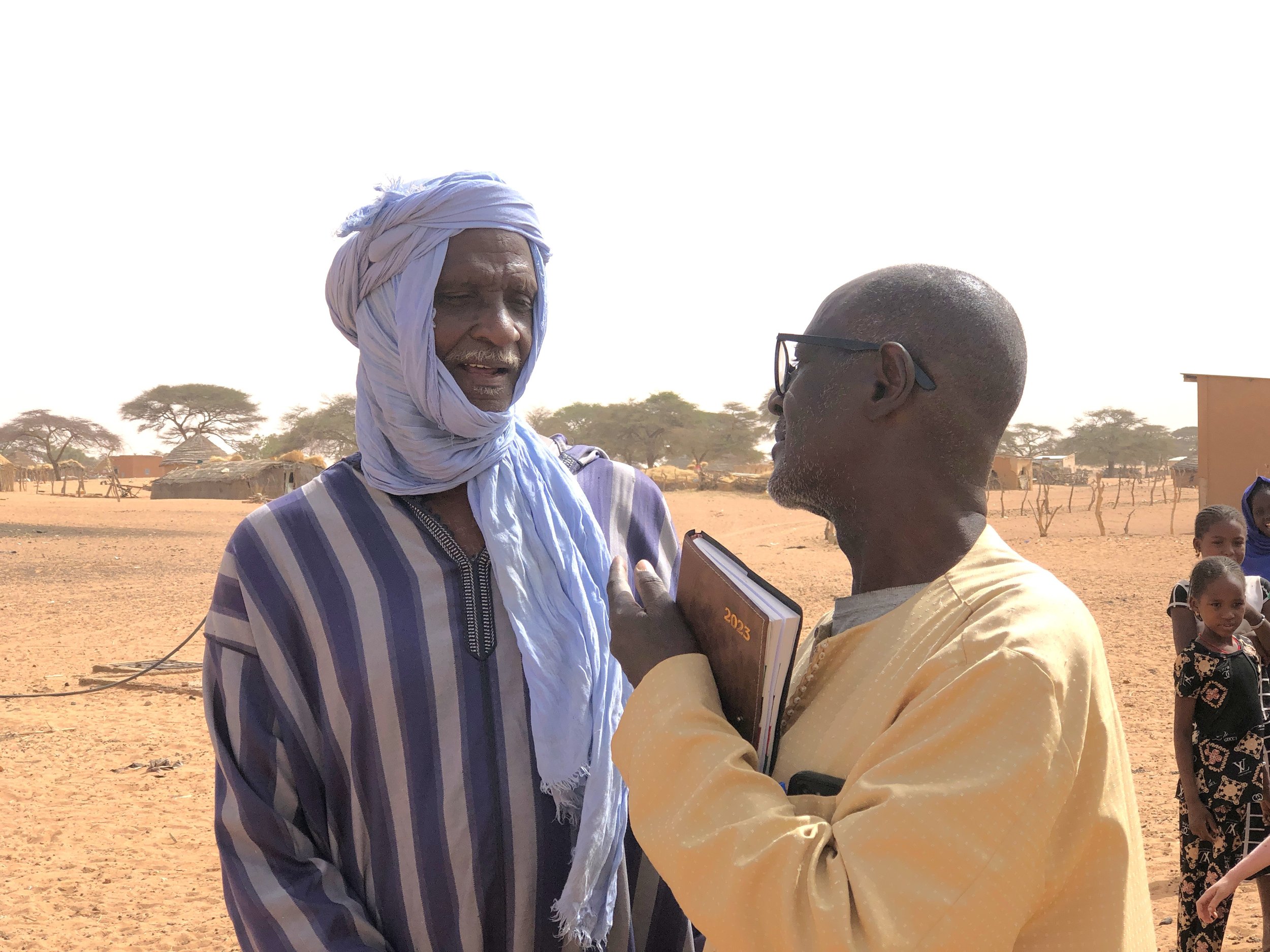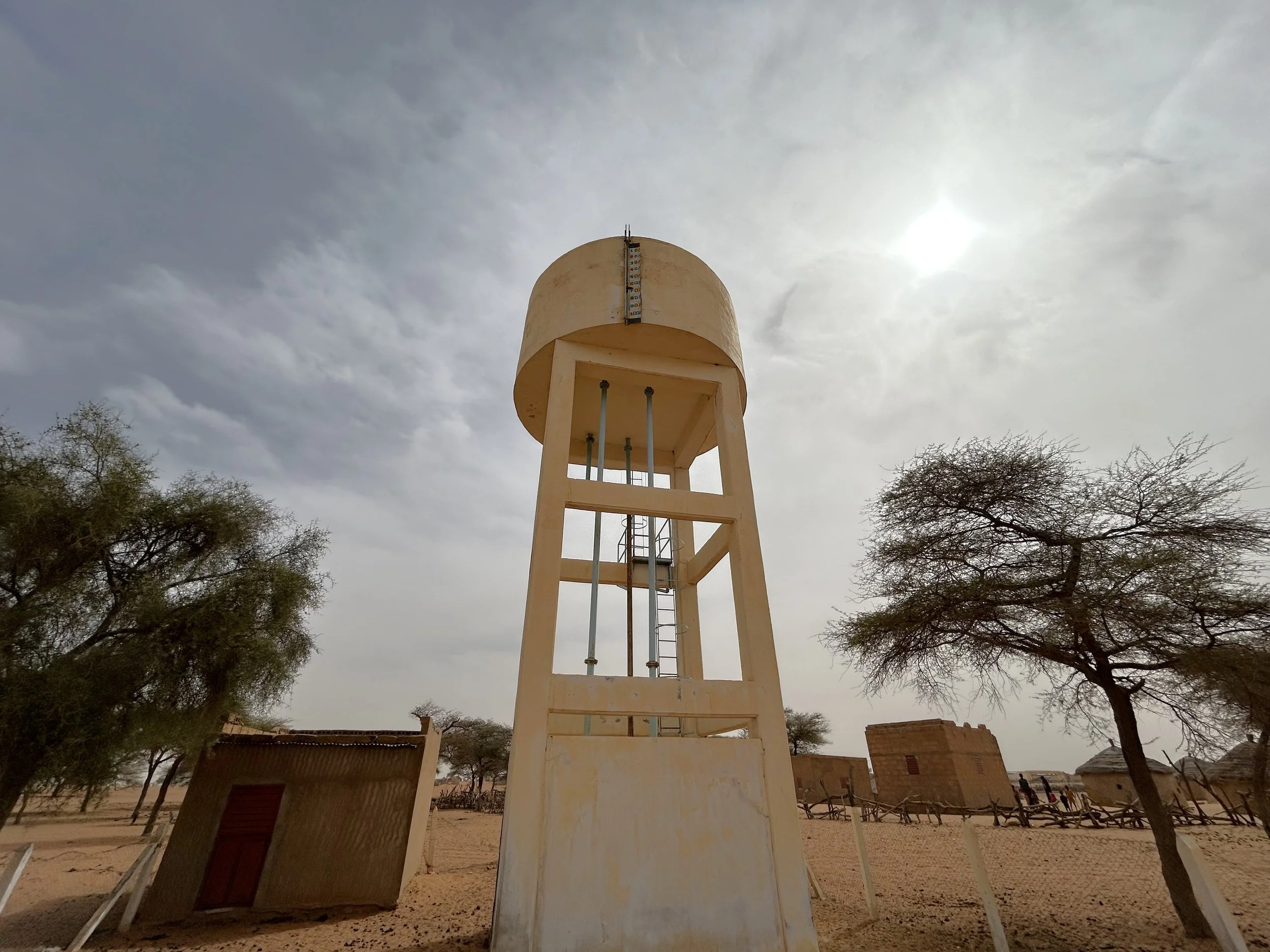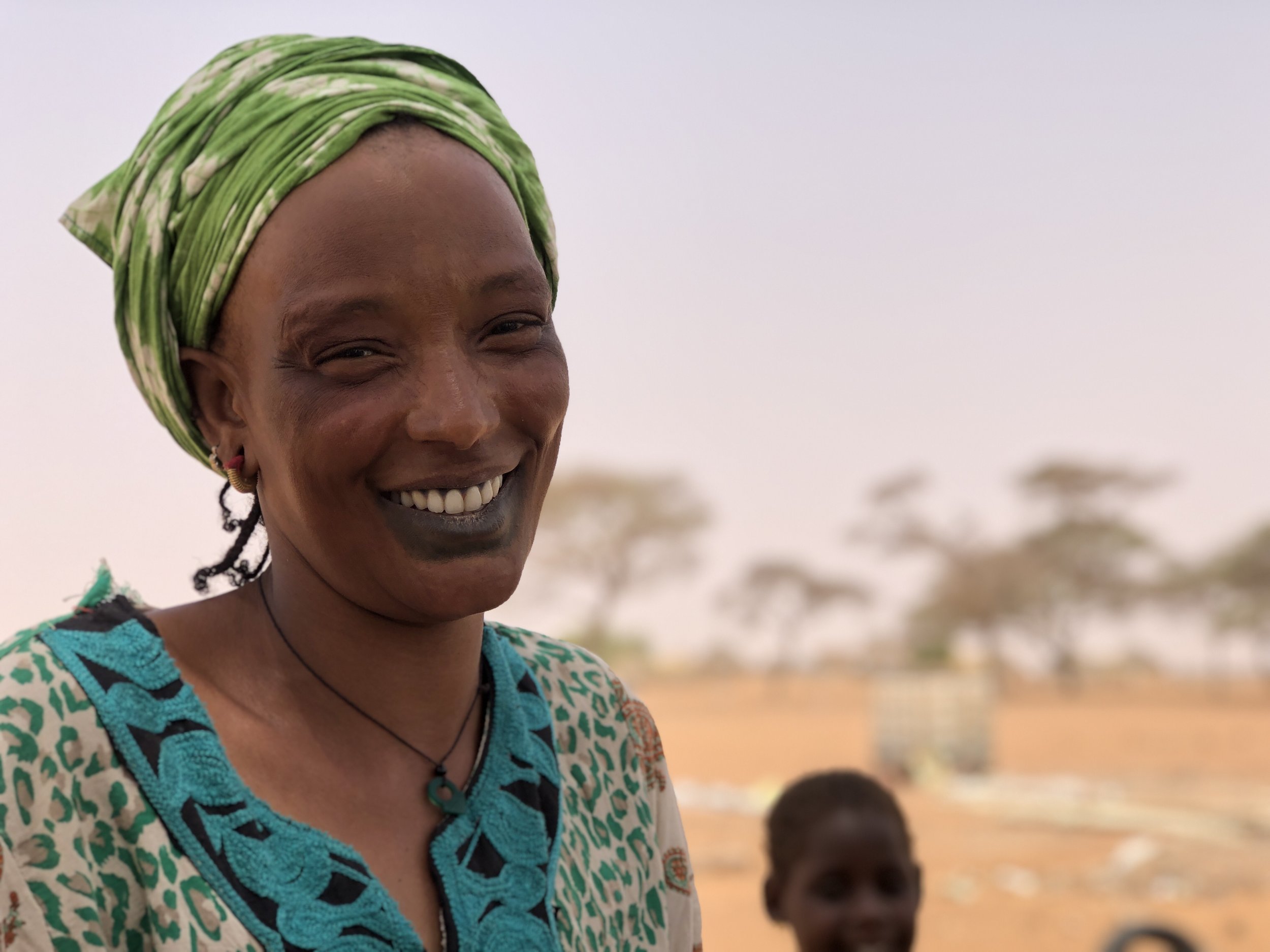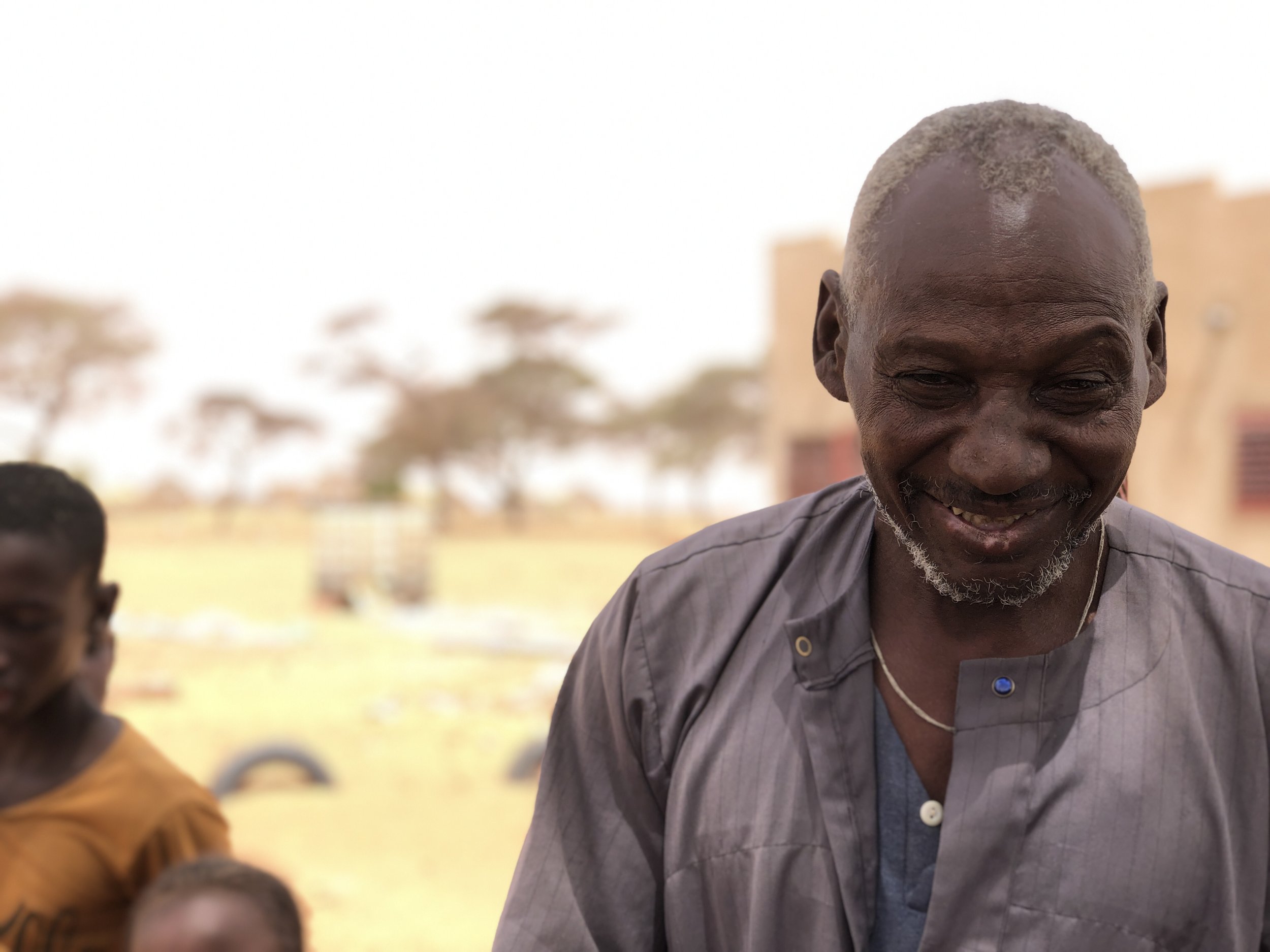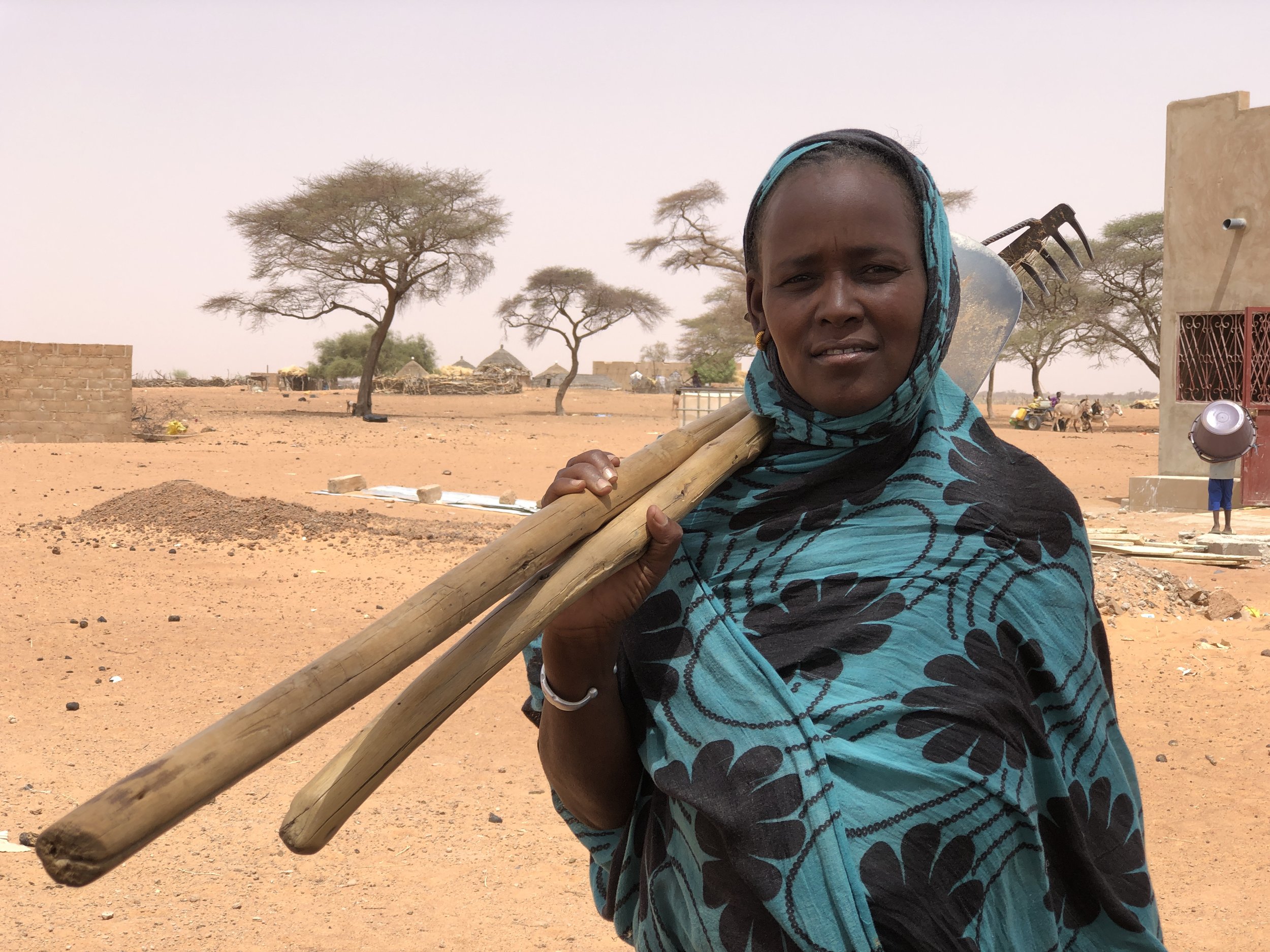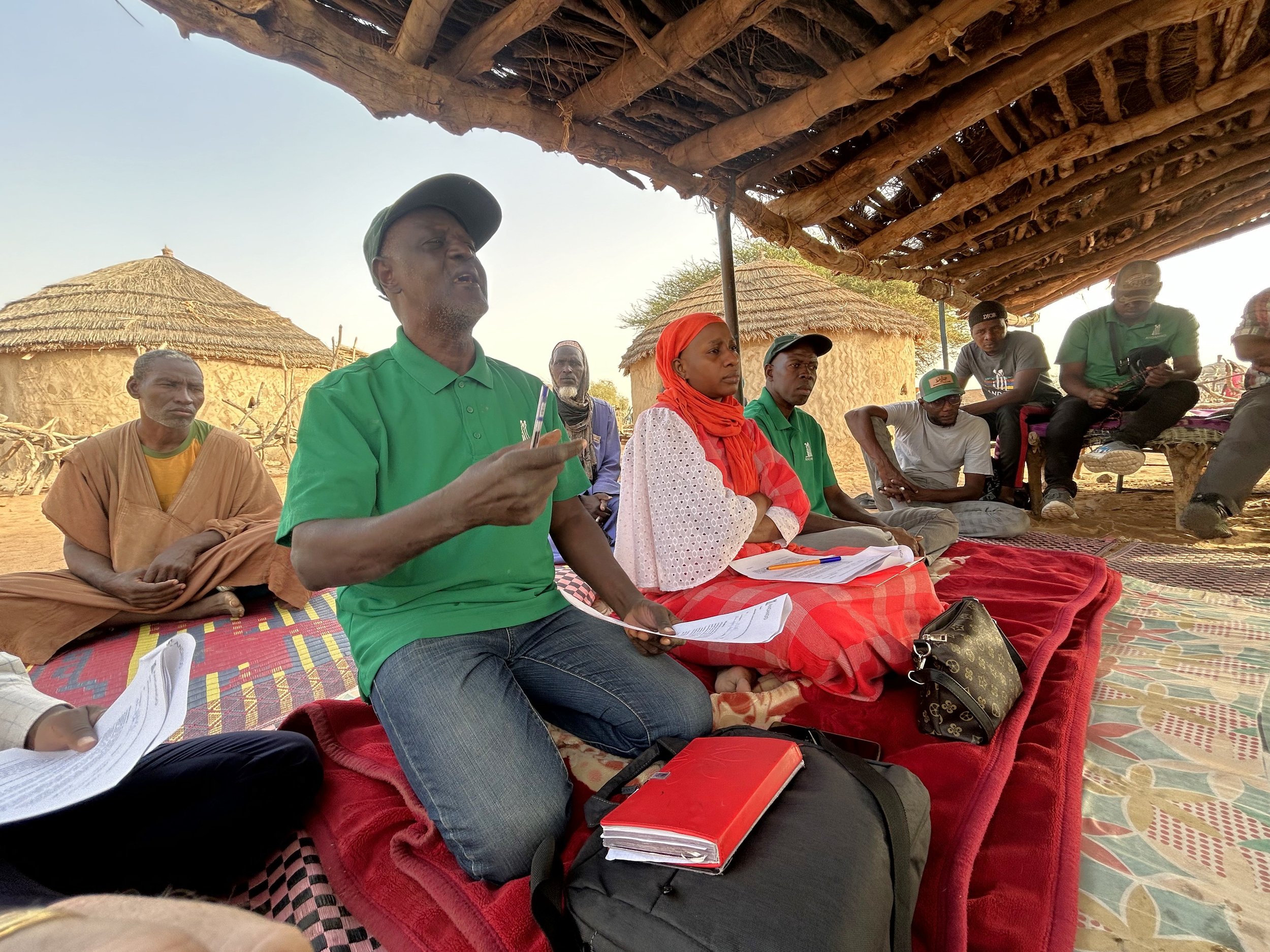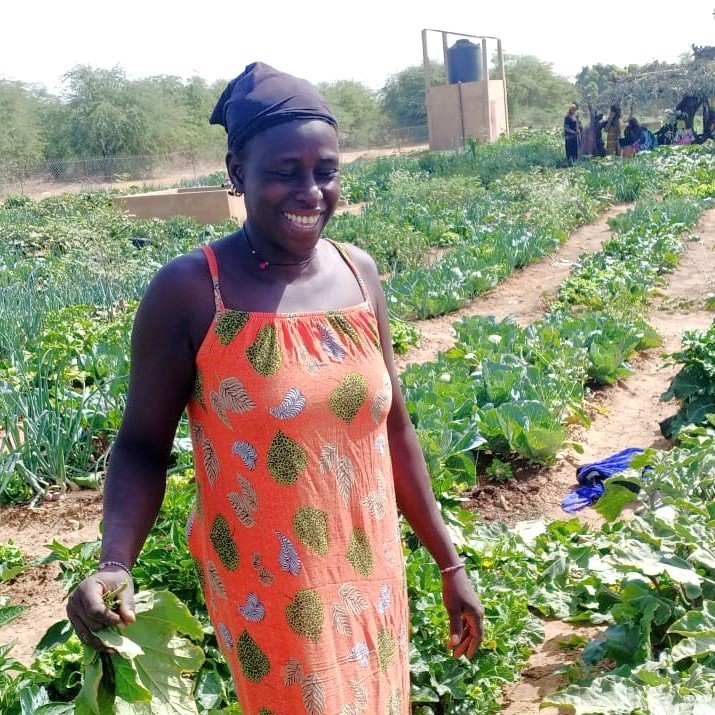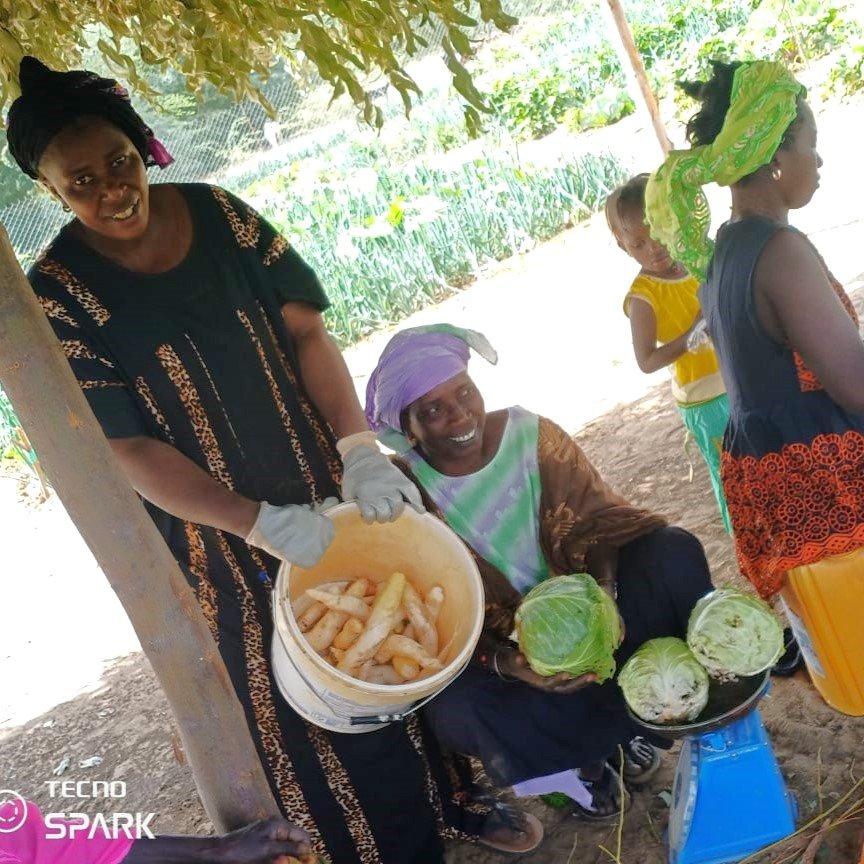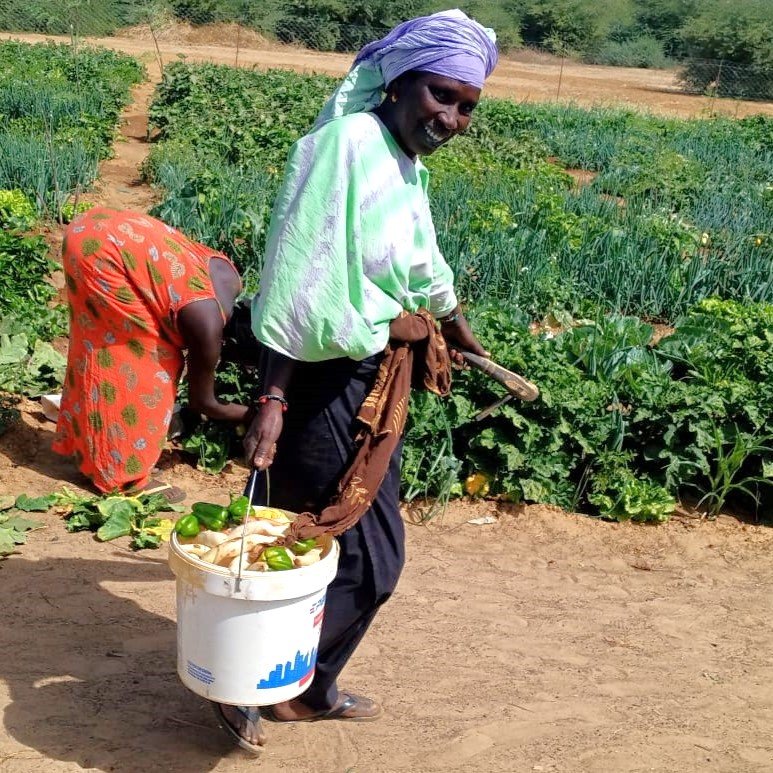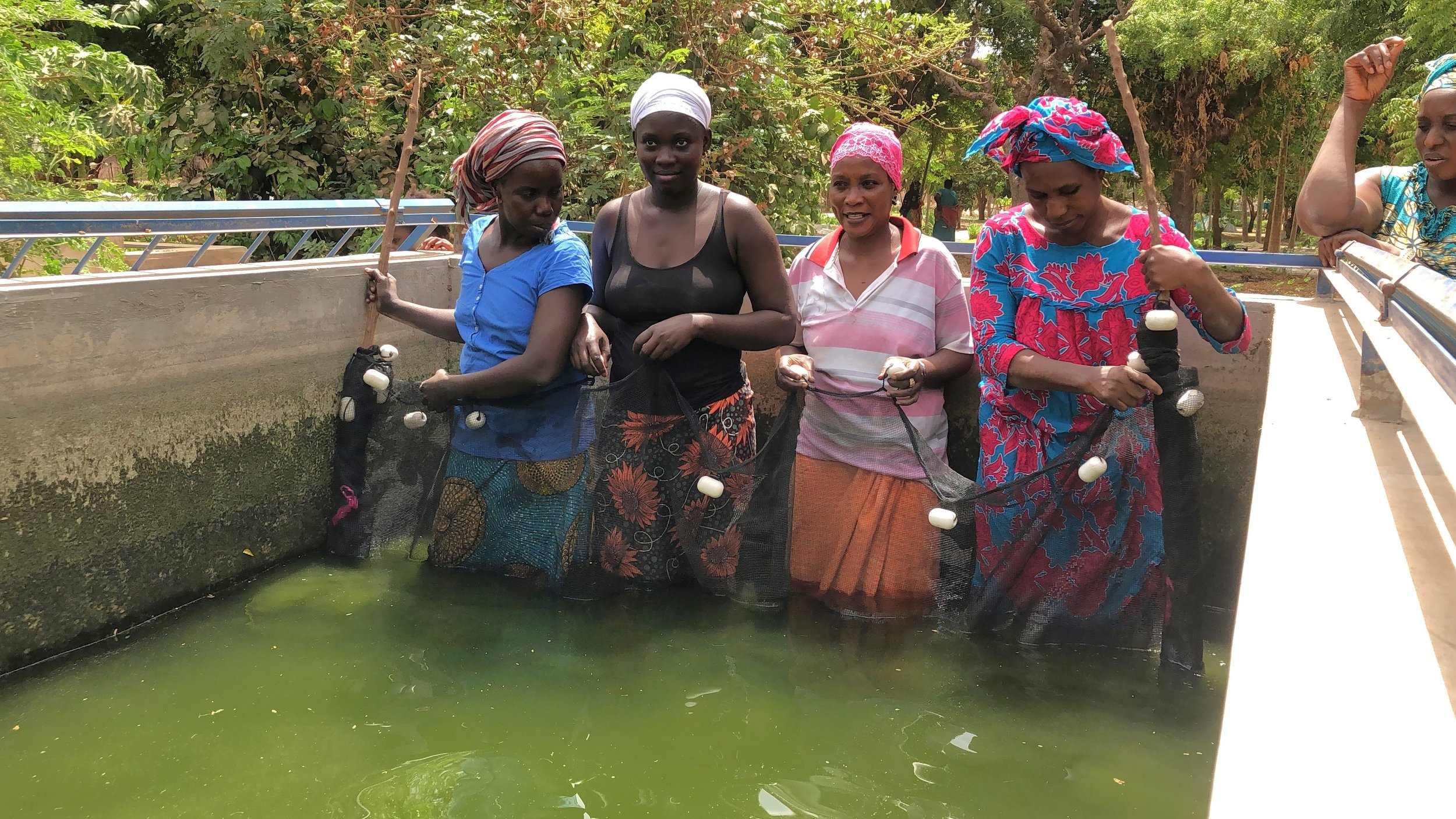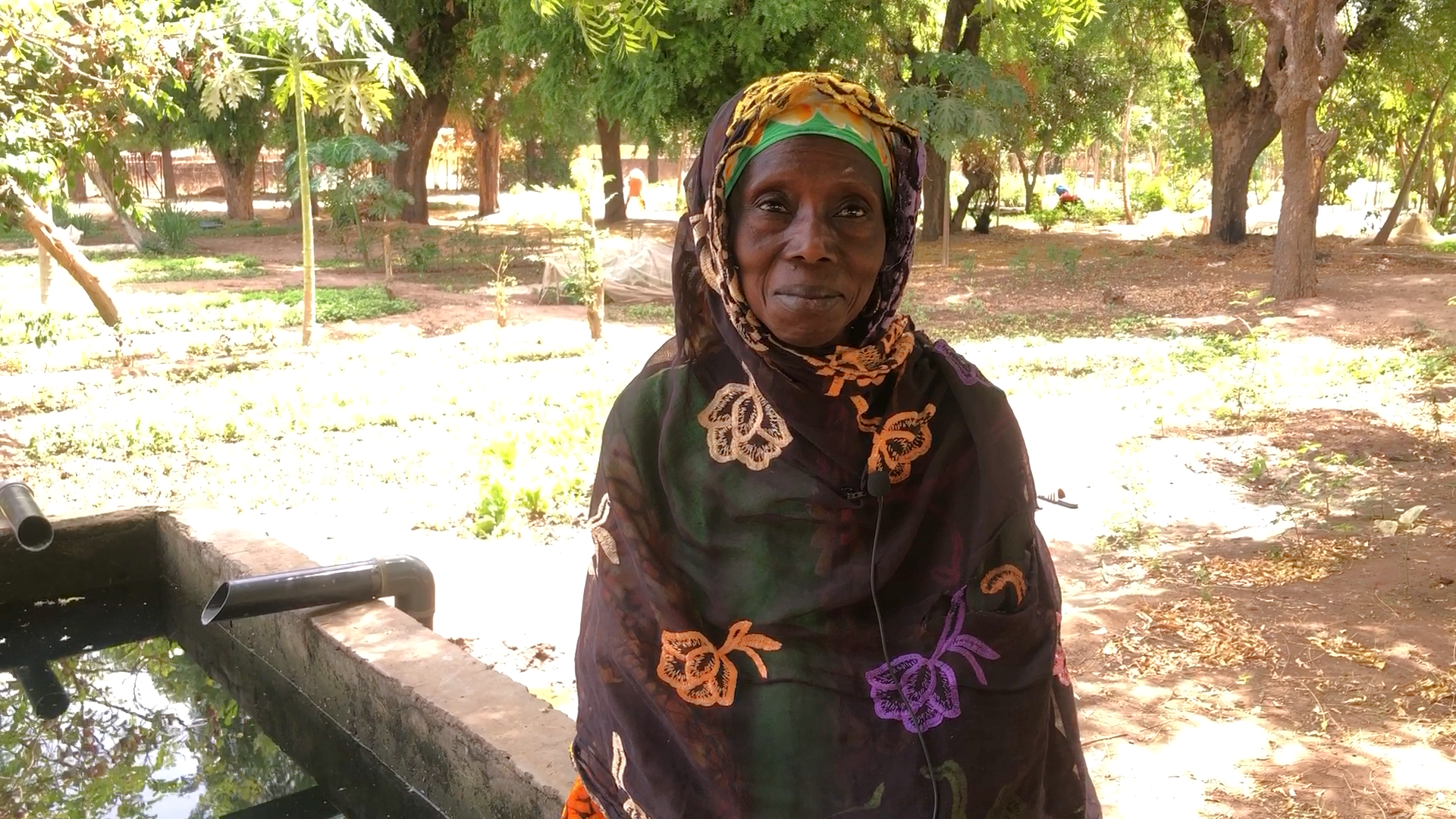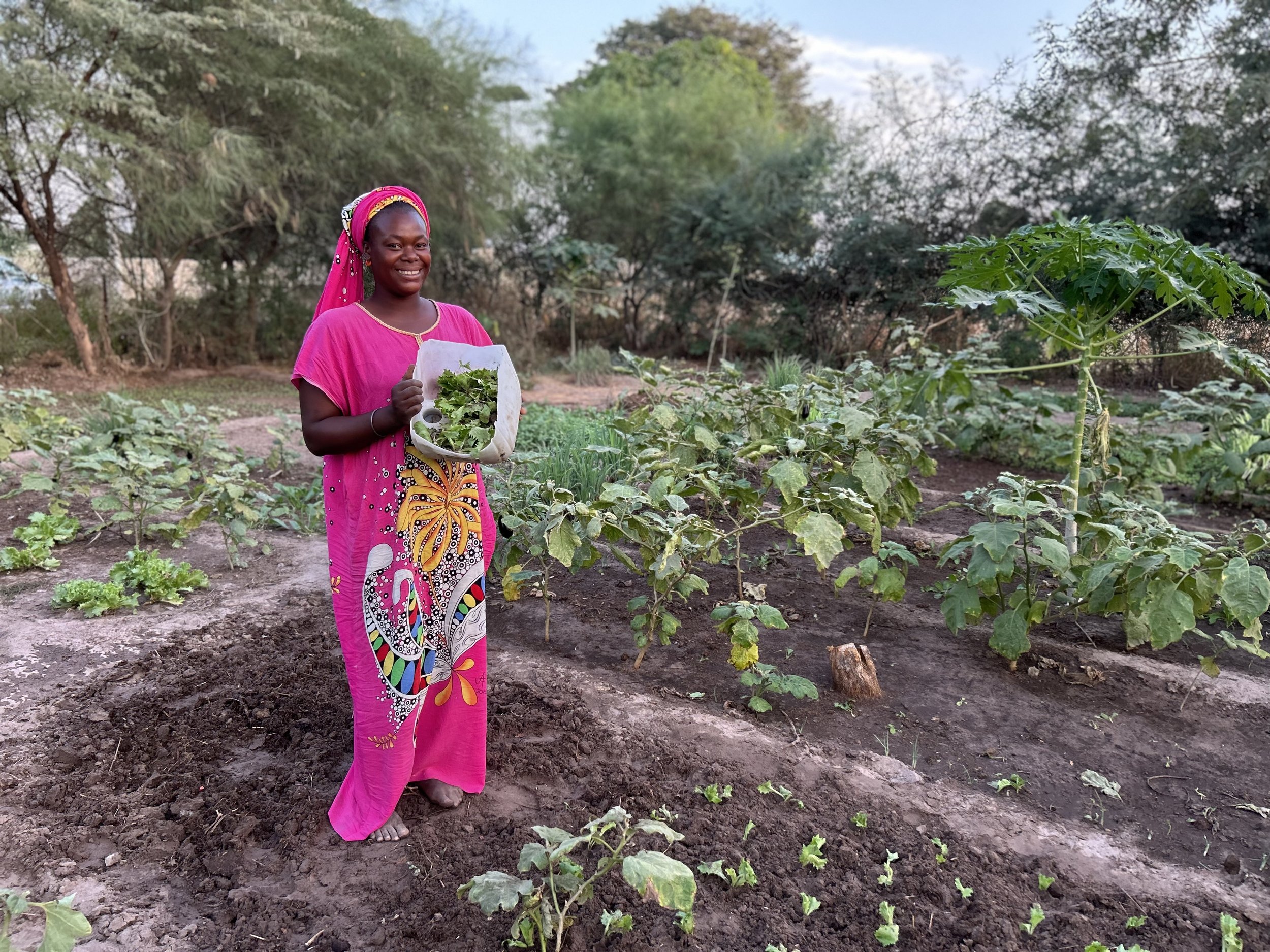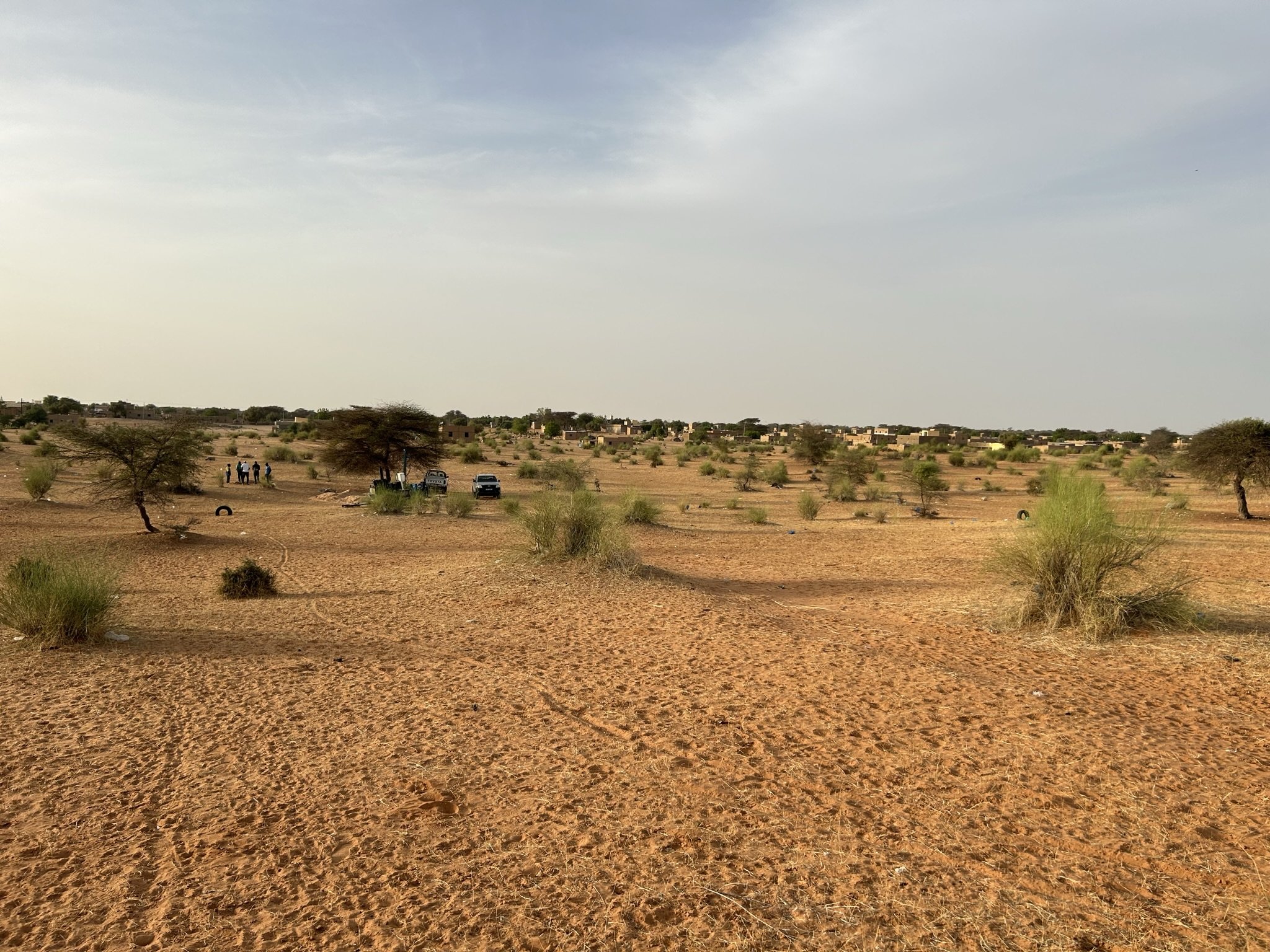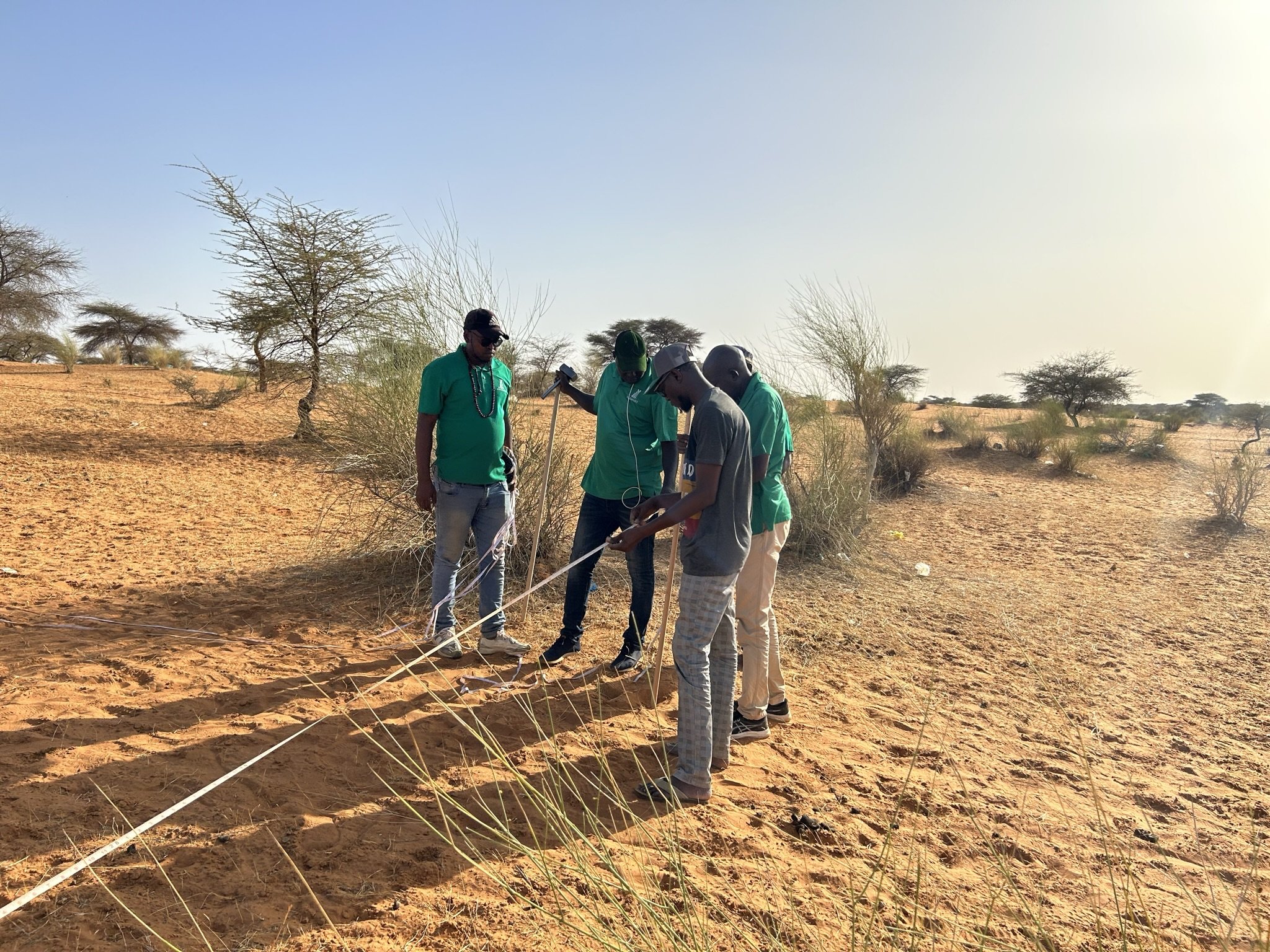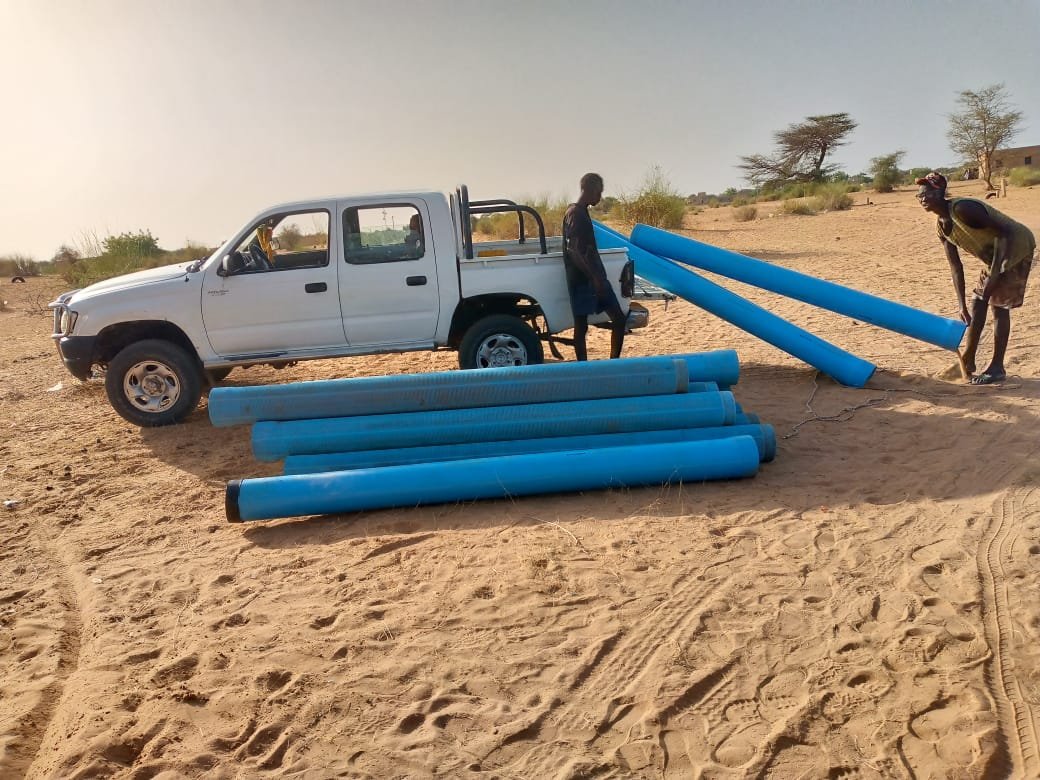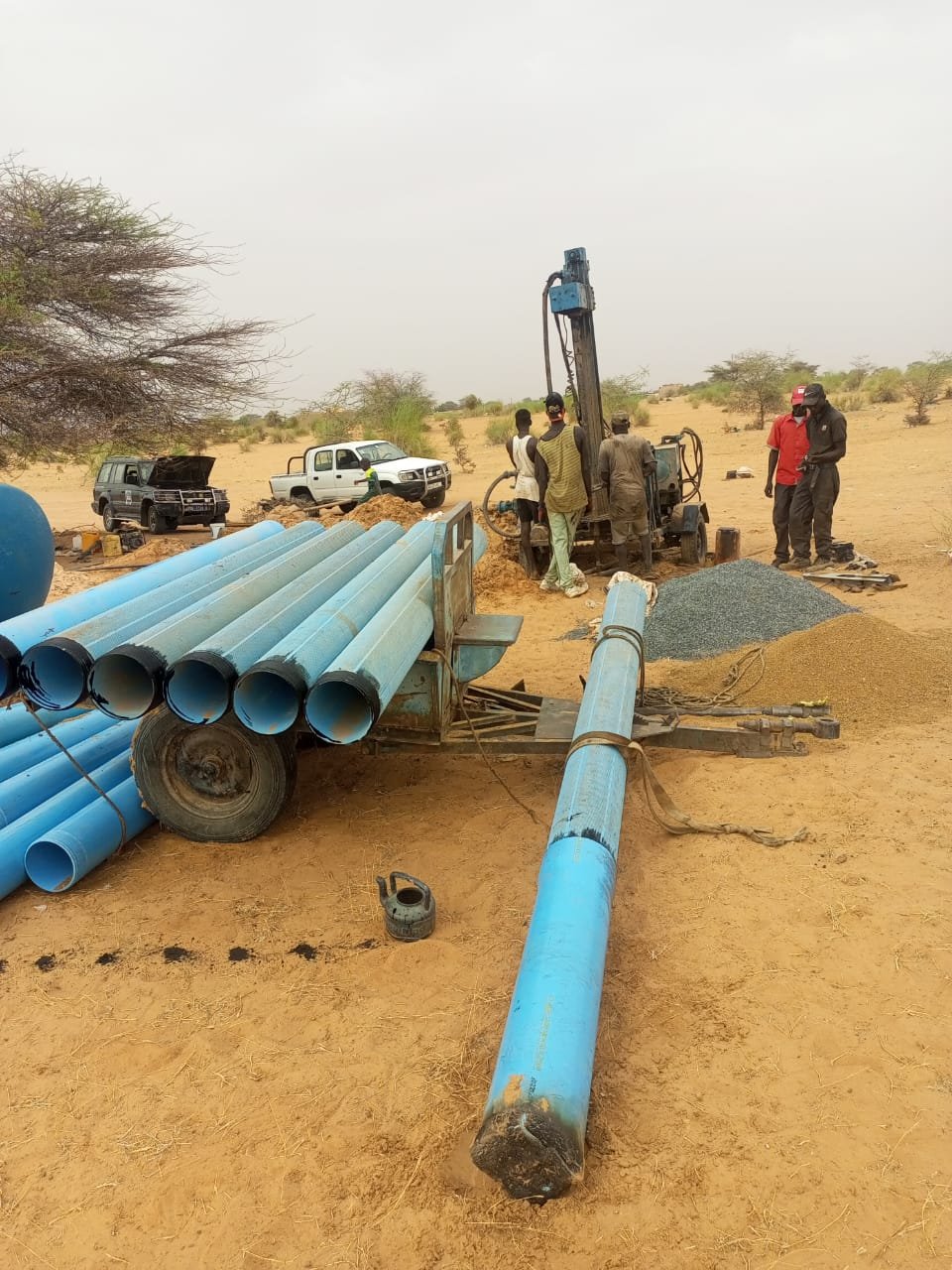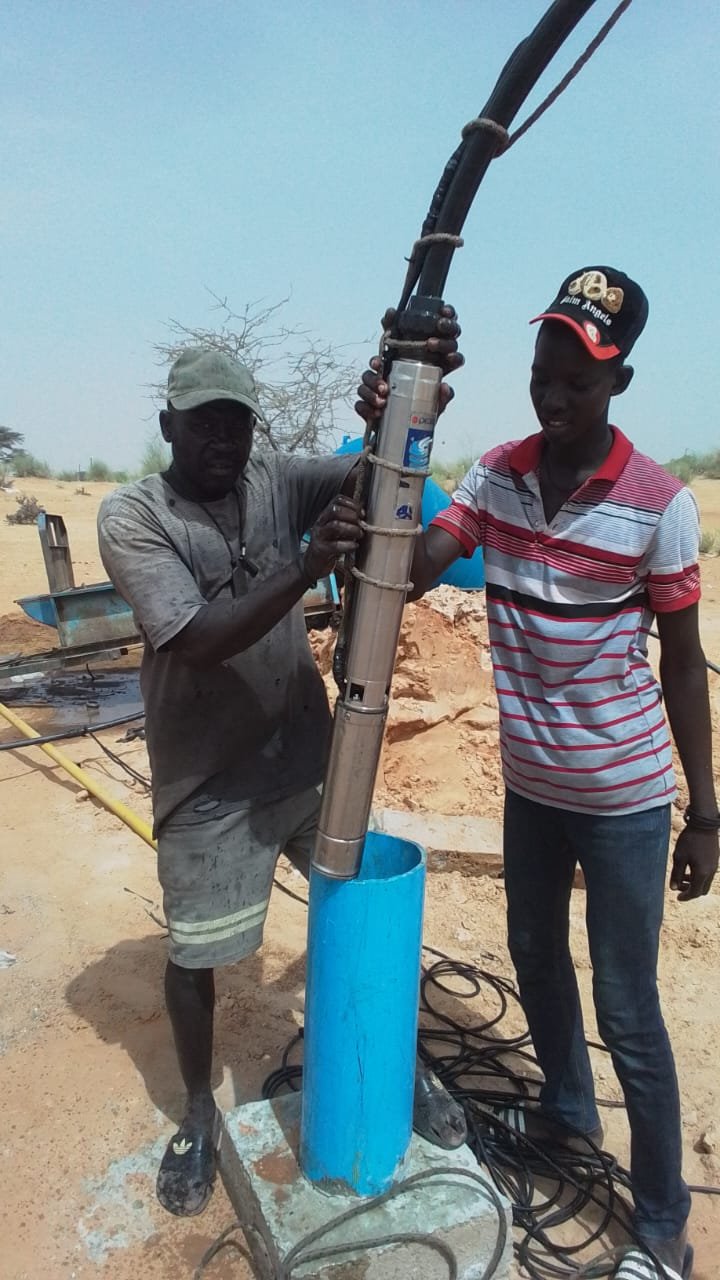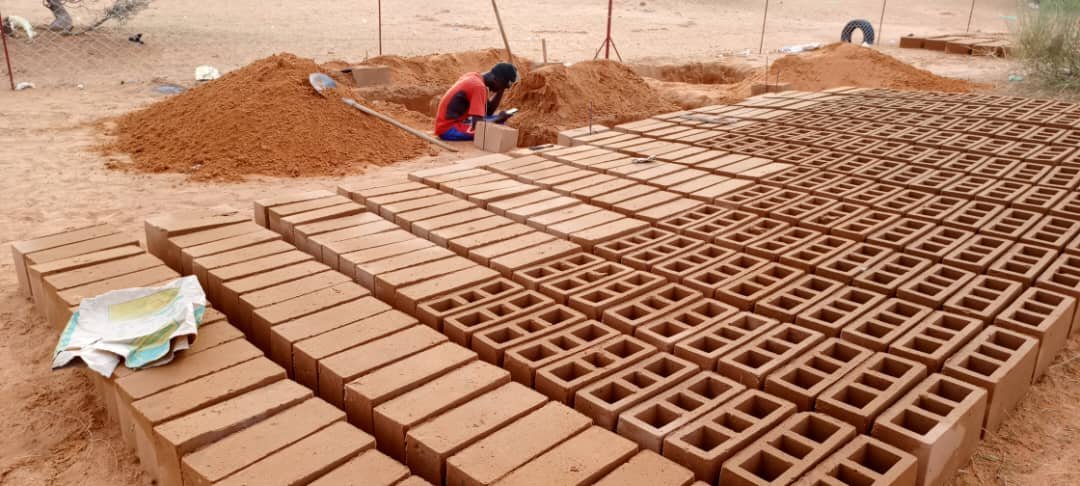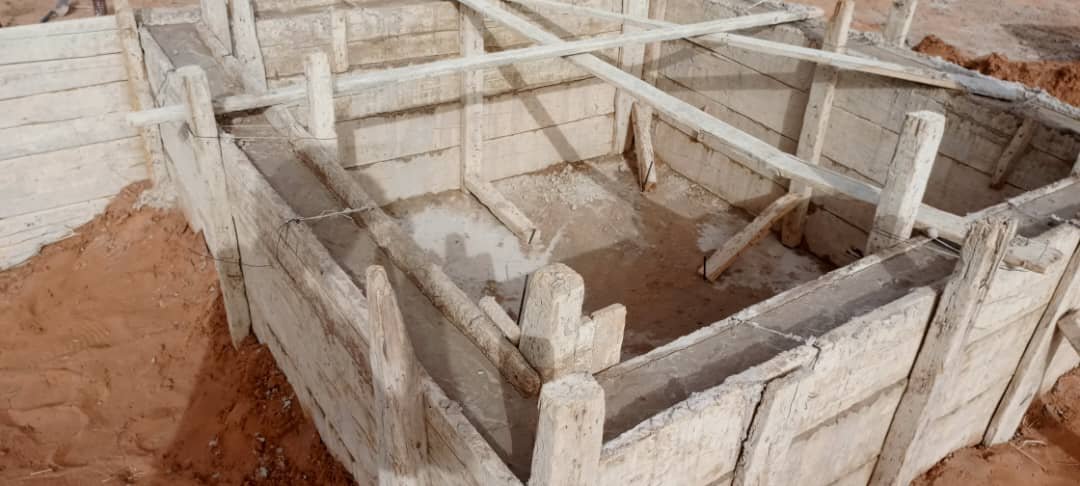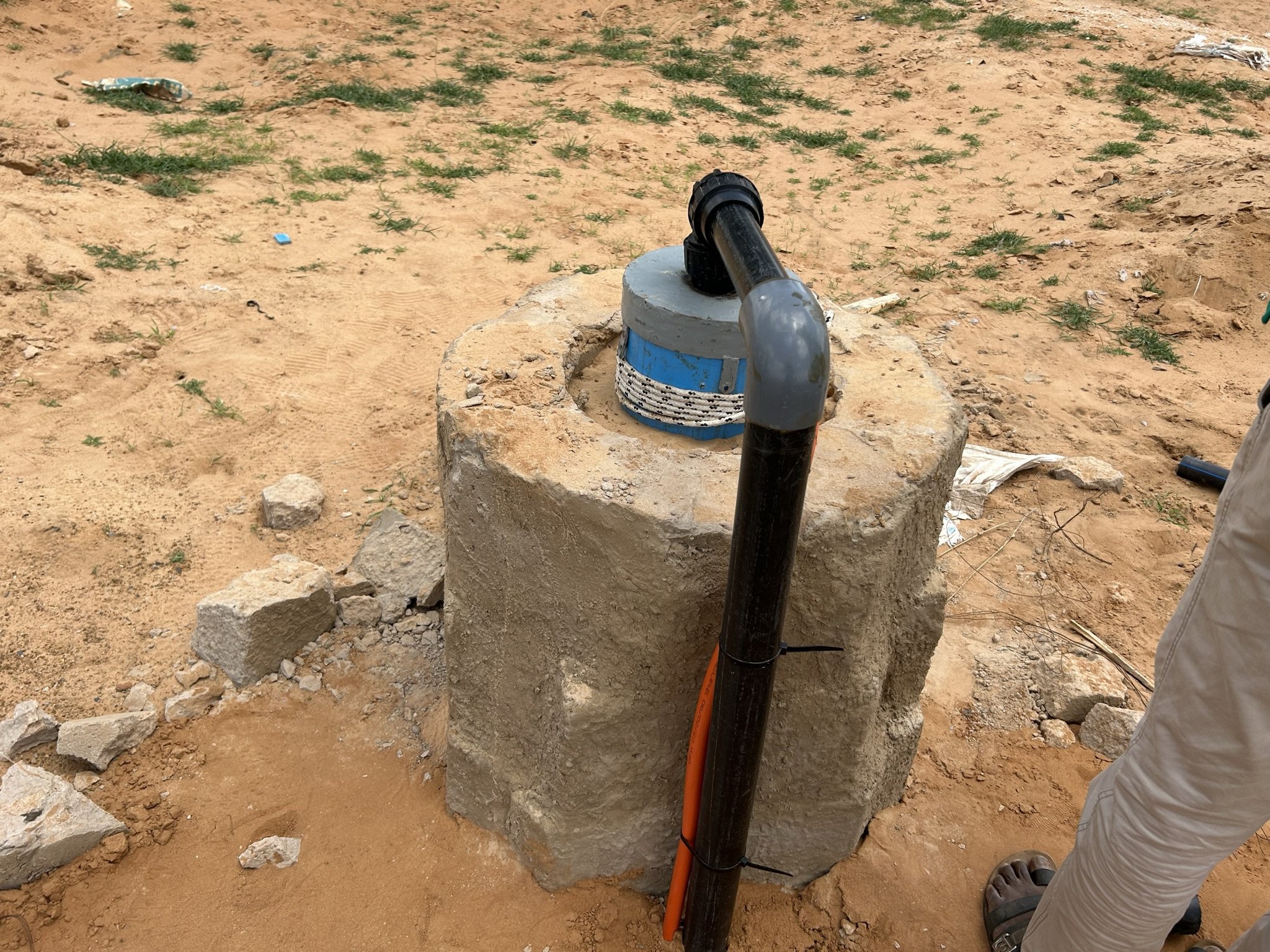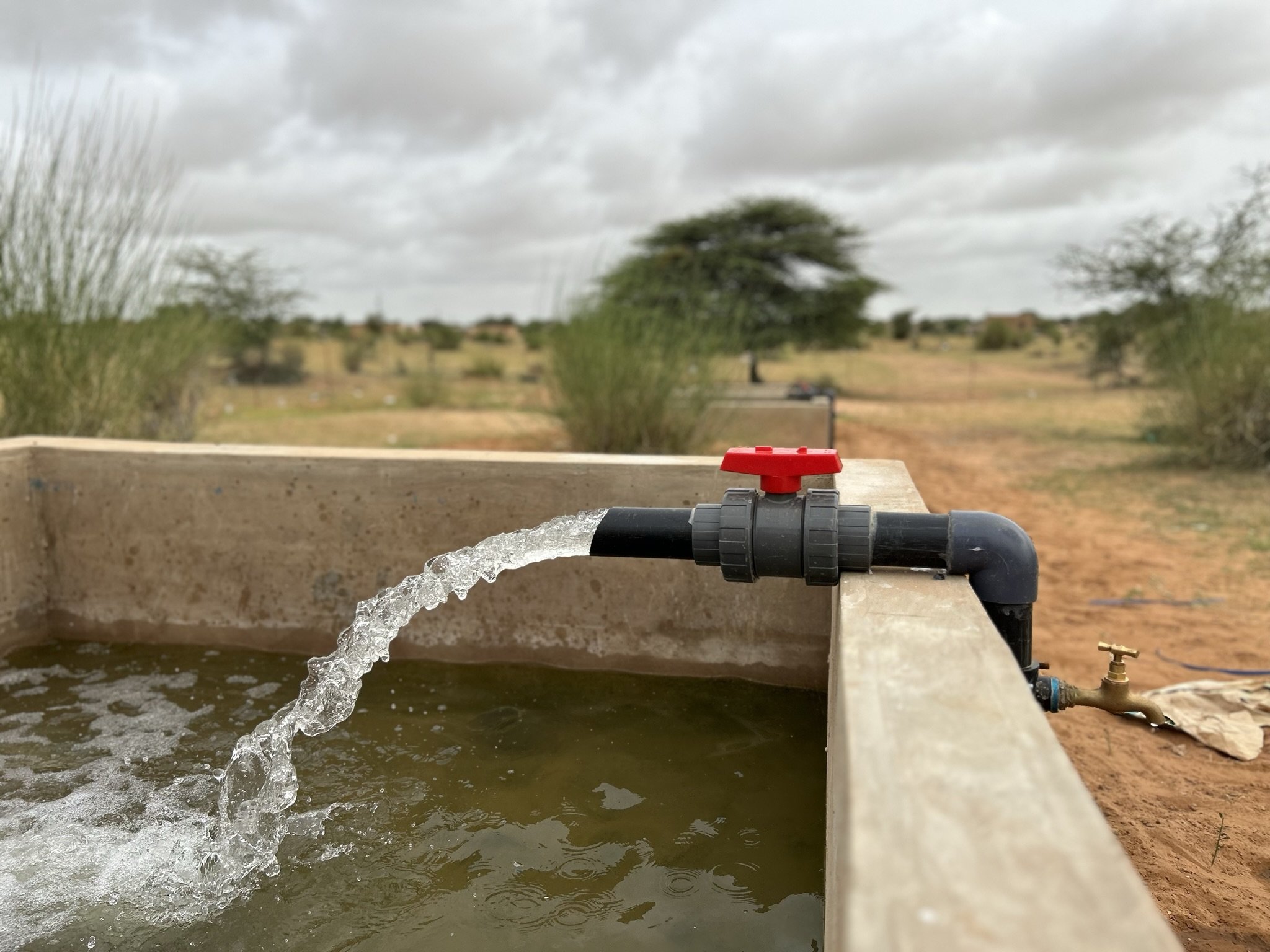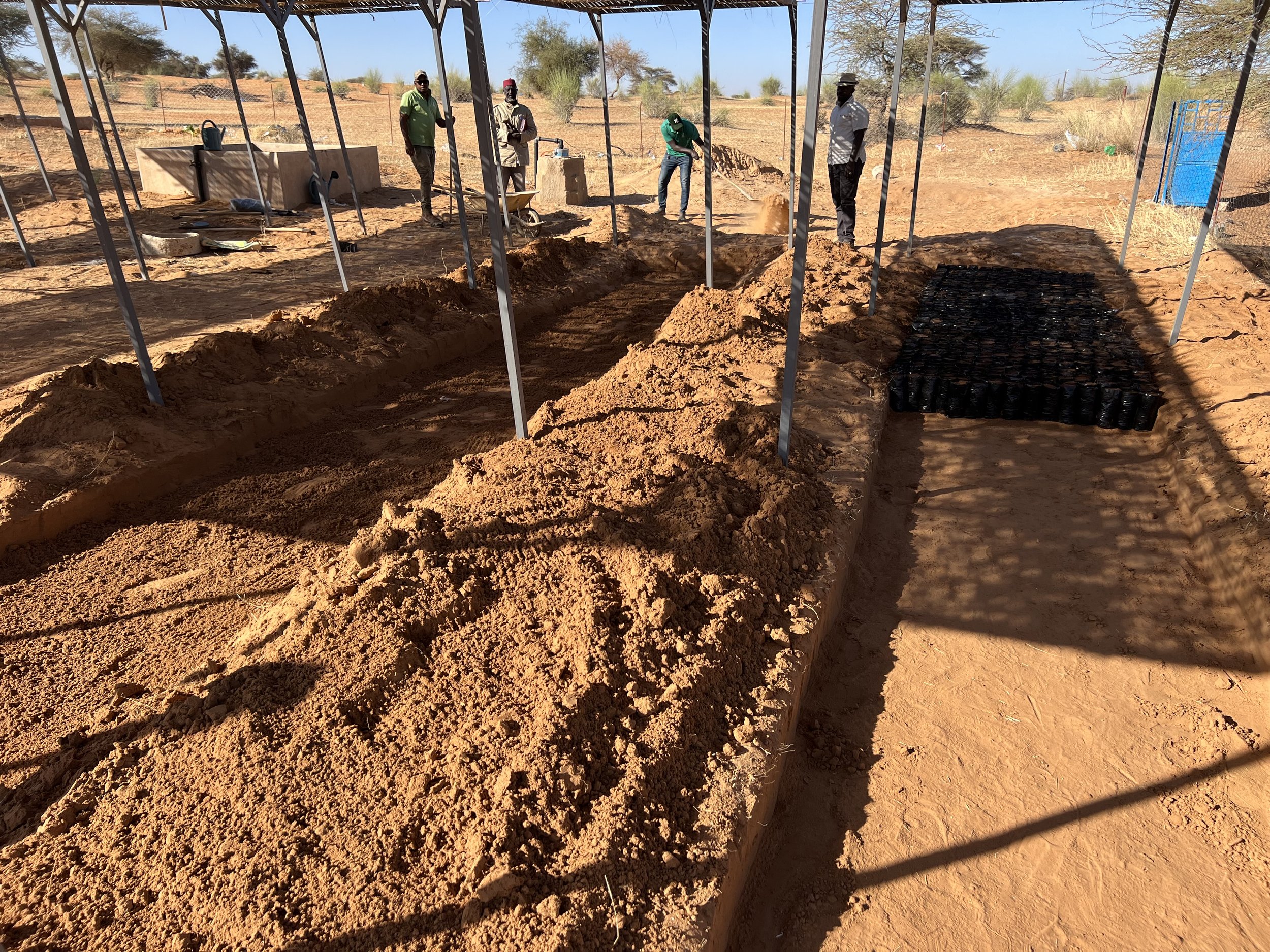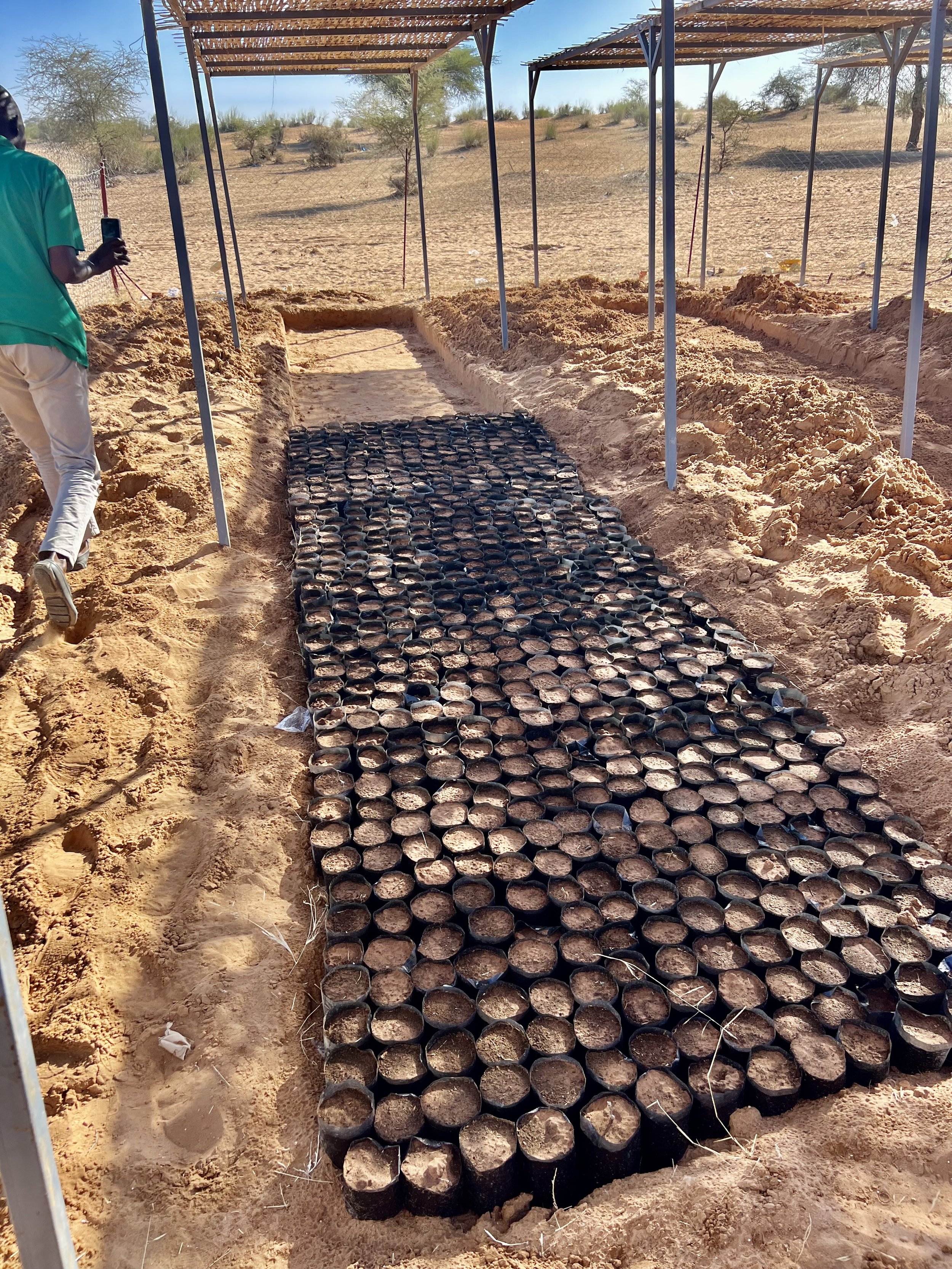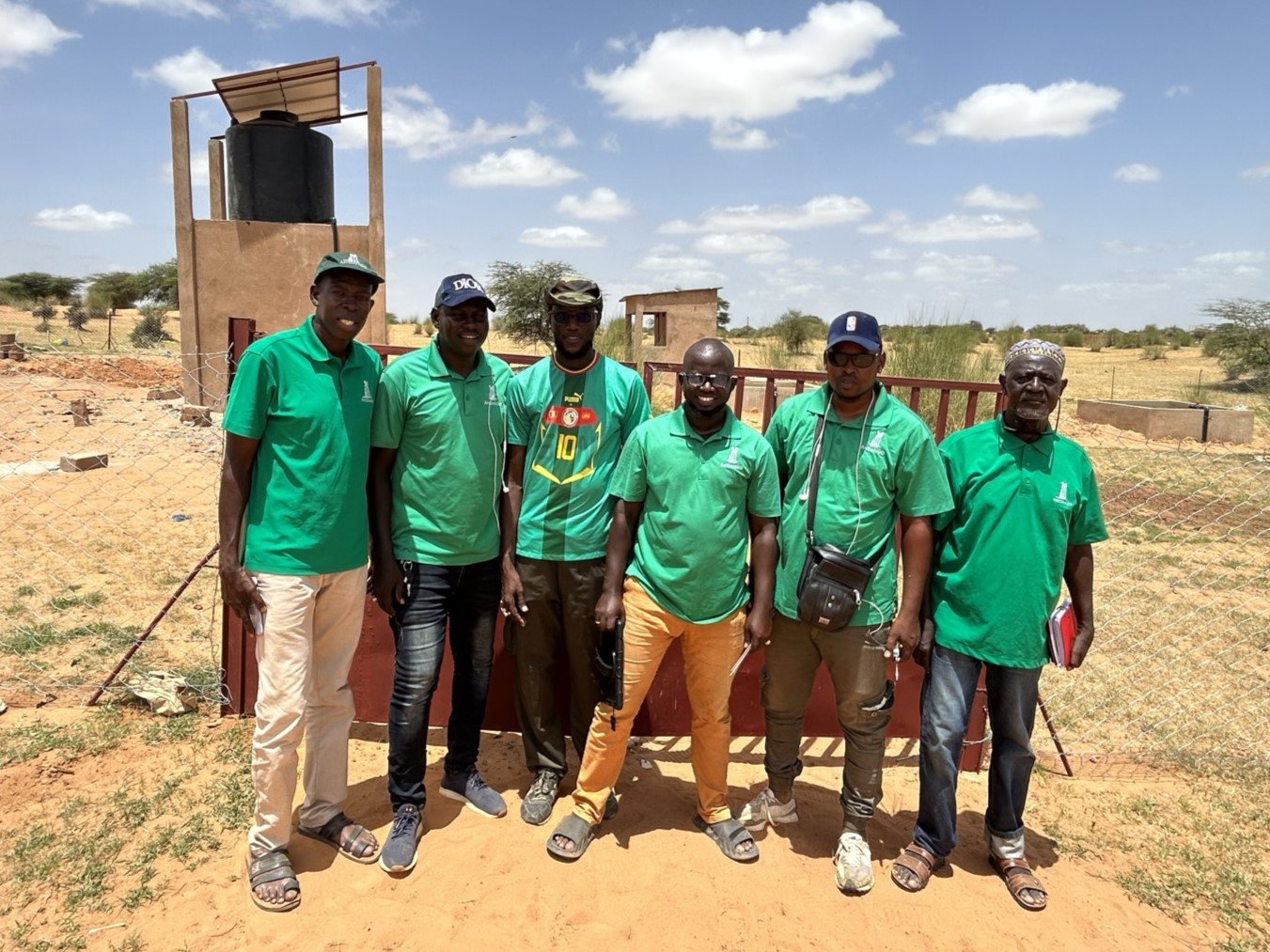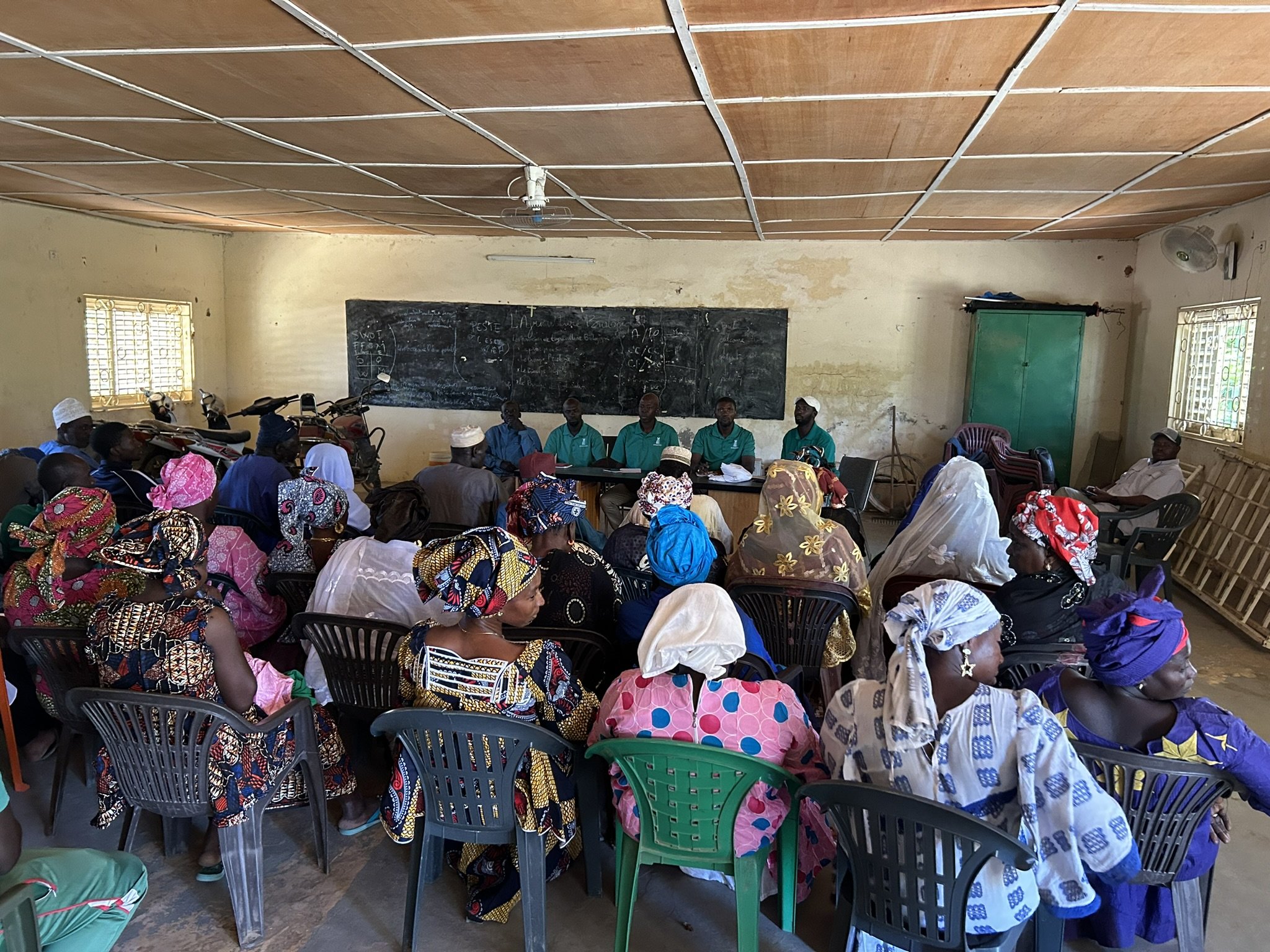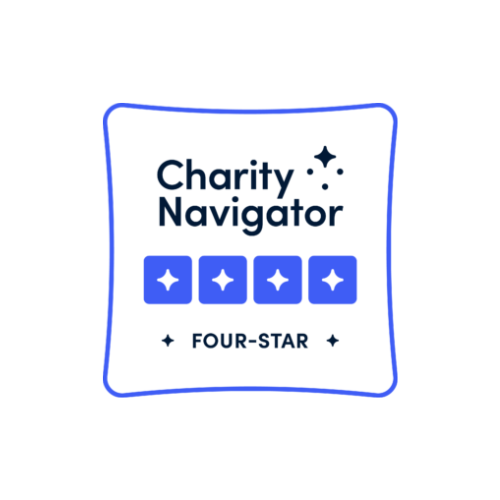One of my favorite parts of this work is sharing success stories from projects we only just introduced to you. Development is often slow and tedious, but right now, Andando is building a level of momentum that is as encouraging as it is noteworthy.
We saw a wonderful reflection of this recently when Andando WON the .ORG Impact Award for Hunger and Poverty. It was a proud moment for our team, and the video produced for the event really captures the heart of our mission.
In Keur Socé, momentum continues with the completion of our newest aquaculture integrations in the Keur Ngor and Saré Diouma women’s gardens. The joy and pride these women showed while stocking their first fish was incredible. Watching them master this new skill set with such focus is exactly why we keep investing in our partners.
The women of Saré Diouma stocked their new aquaculture basins in late 2025 and are preparing for their first harvest this spring. This is our 9th garden to feature integrated fish farming with more planned for 2026!
That same pride is palpable up north in Senobowal, where the new woodlot and women’s garden are up and running. The community is seizing this opportunity with gusto and has already planted more than 1,500 trees. Even more impressive, the garden is already yielding its first harvests after just two months, with lots more to come!
From dust to greens: Senobowal’s garden is already flourishing, providing the community with its first harvests of radishes and lettuce. In just a few short months this space will become a veritable oasis in the desert.
Finally, our partners in Guédé Village High School and Ndiédieng Primary School are hitting the ground running this school year with their newly completed classrooms and bathrooms! For years, students here squeezed into temporary shelters that were sweltering and crowded. Their beautiful, fully furnished new classes have reduced class sizes and created a positive learning environment for all.
Students at the Ndiédieng primary school in their new, fully furnished classrooms. These permanent buildings replace the temporary outdoor shelters the community used previously.
It’s thanks to supporters like YOU that we can keep up this level of momentum and impact year after year.
“Jéréjëf!” – Thank You!
- Garrison Harward, Executive Director
Garrison@Andando.org


